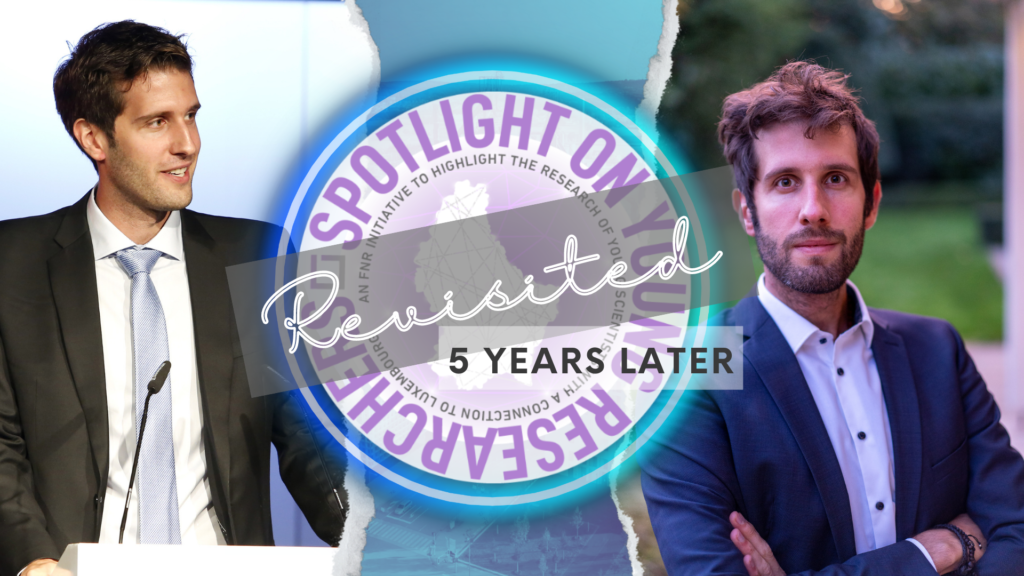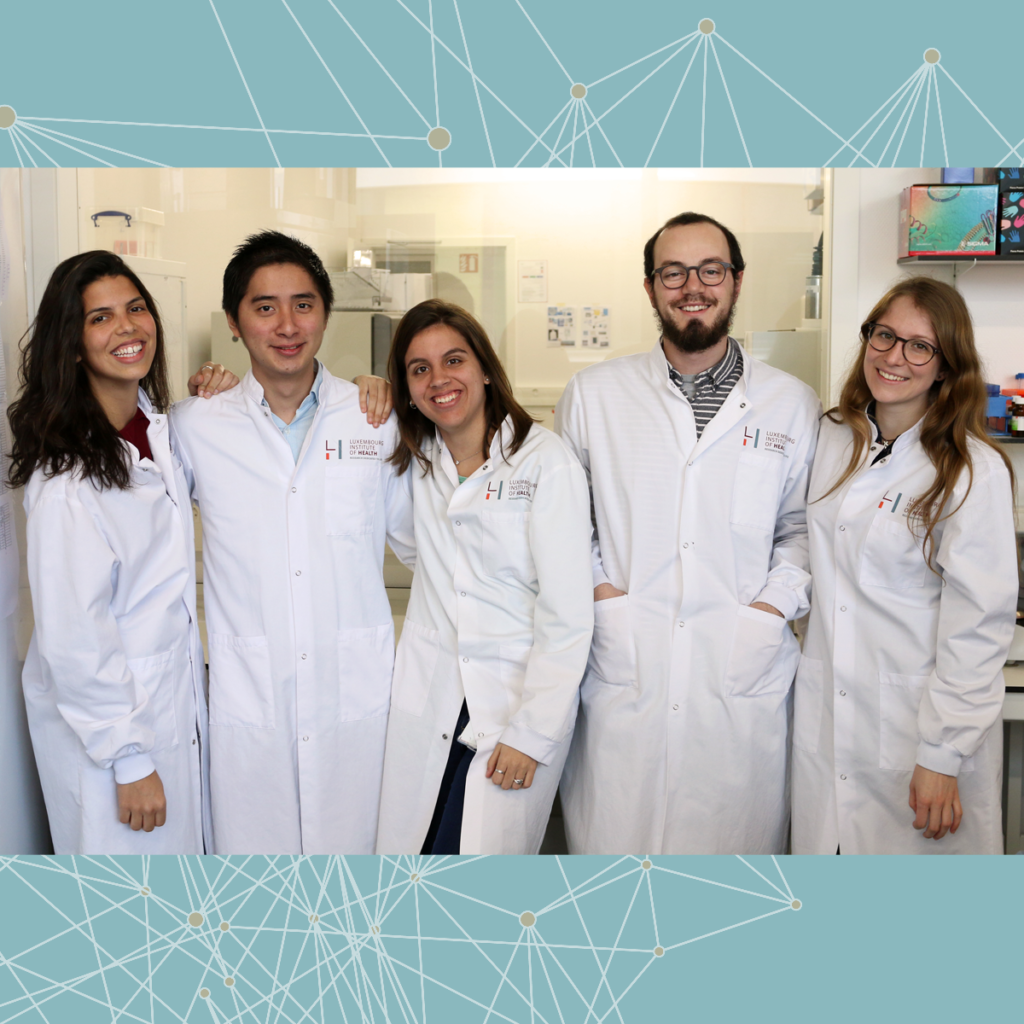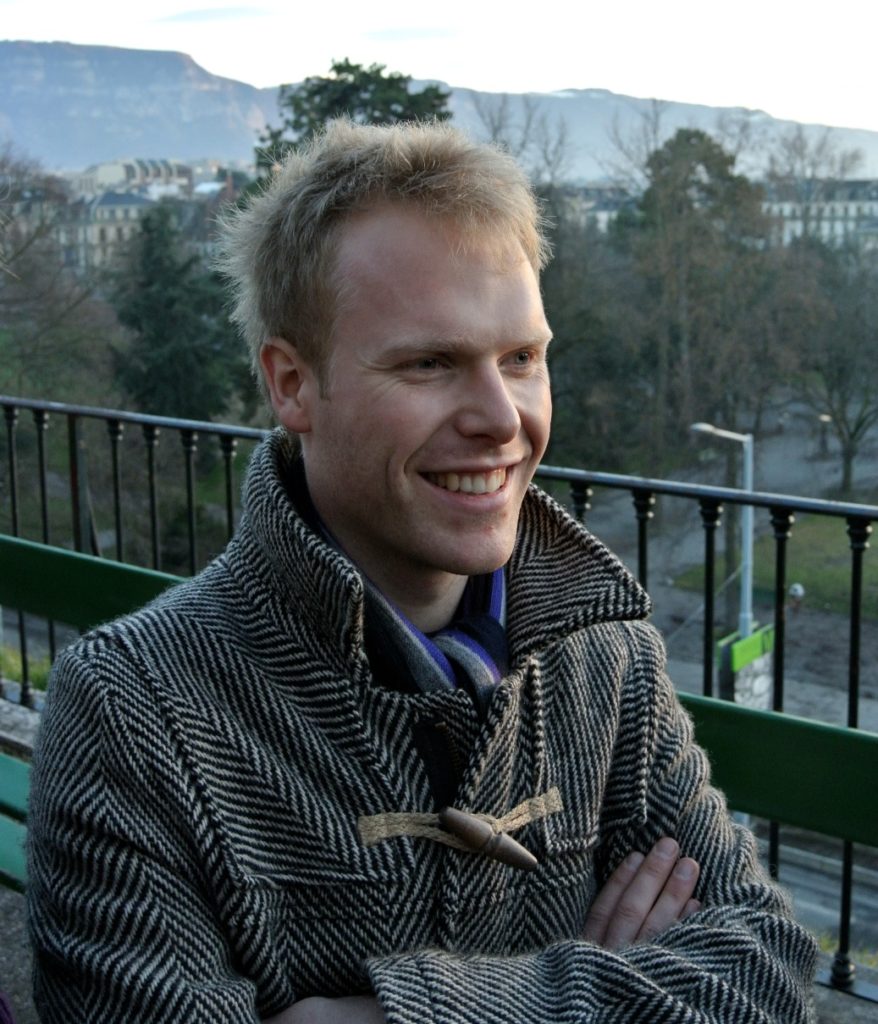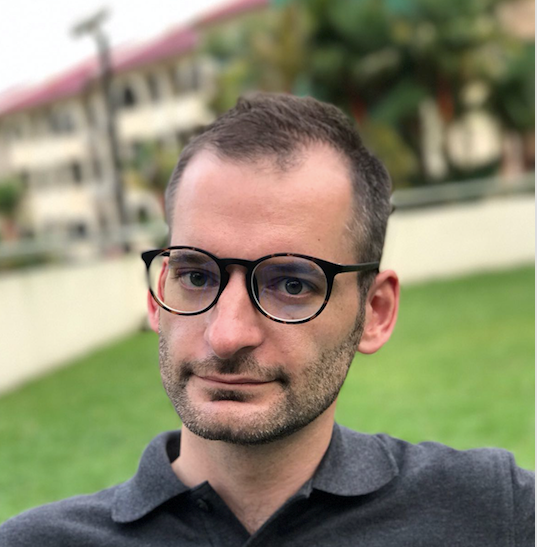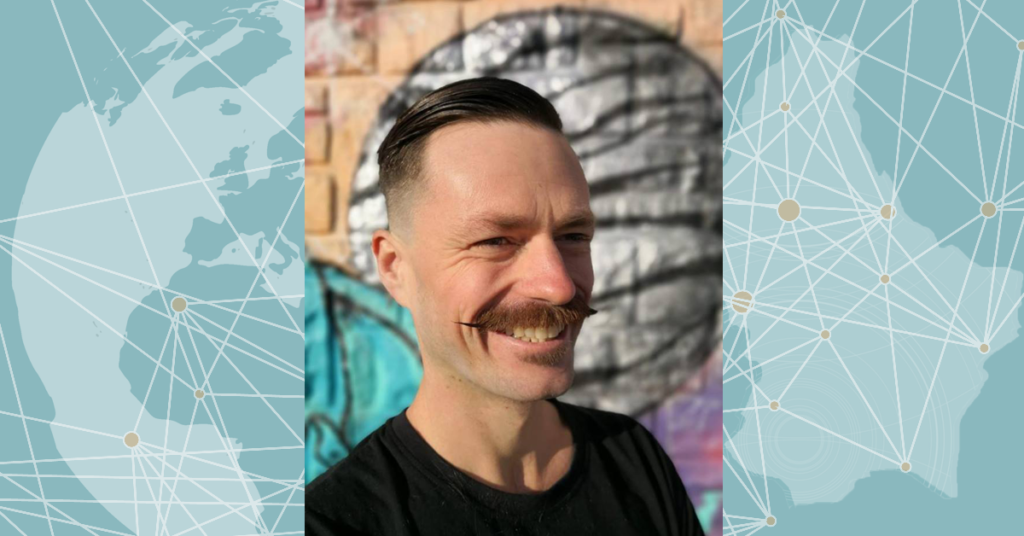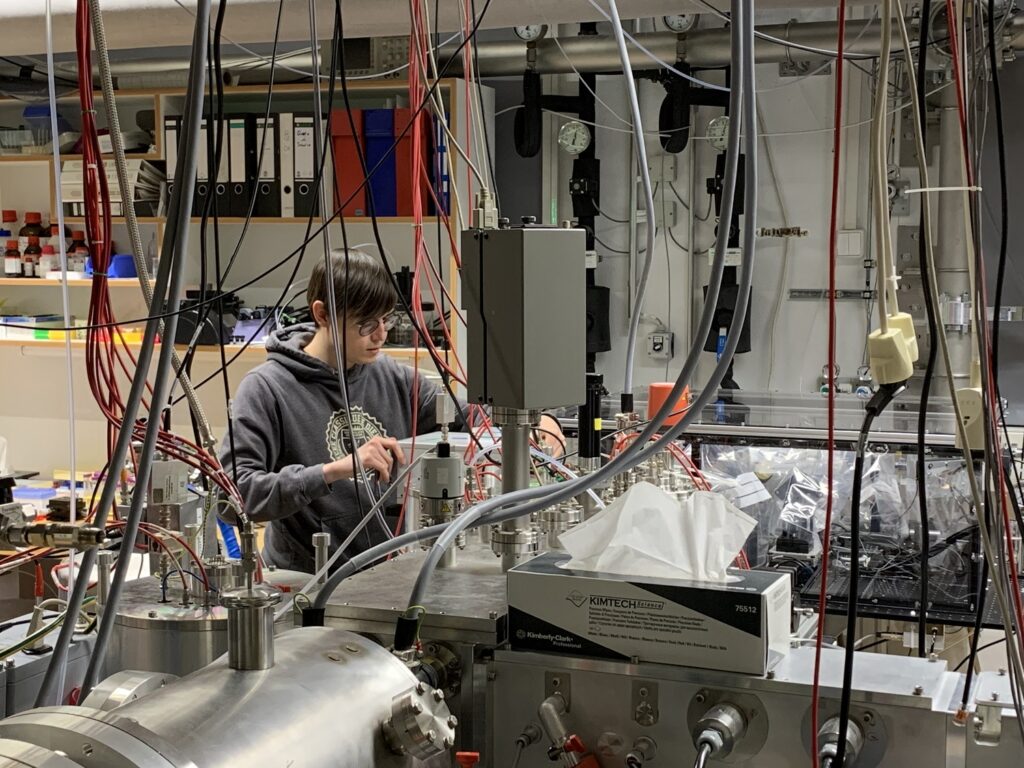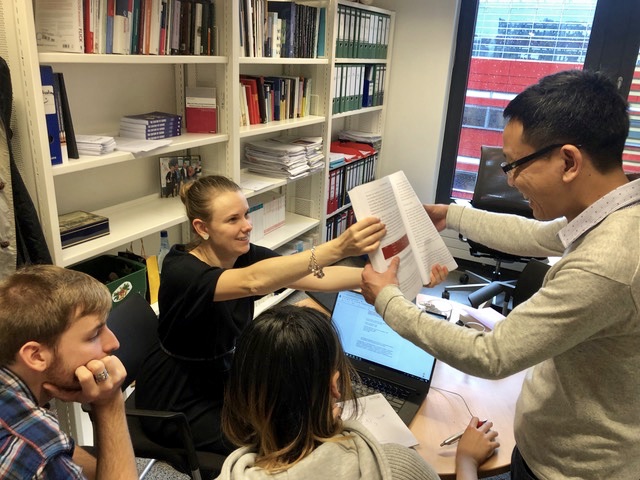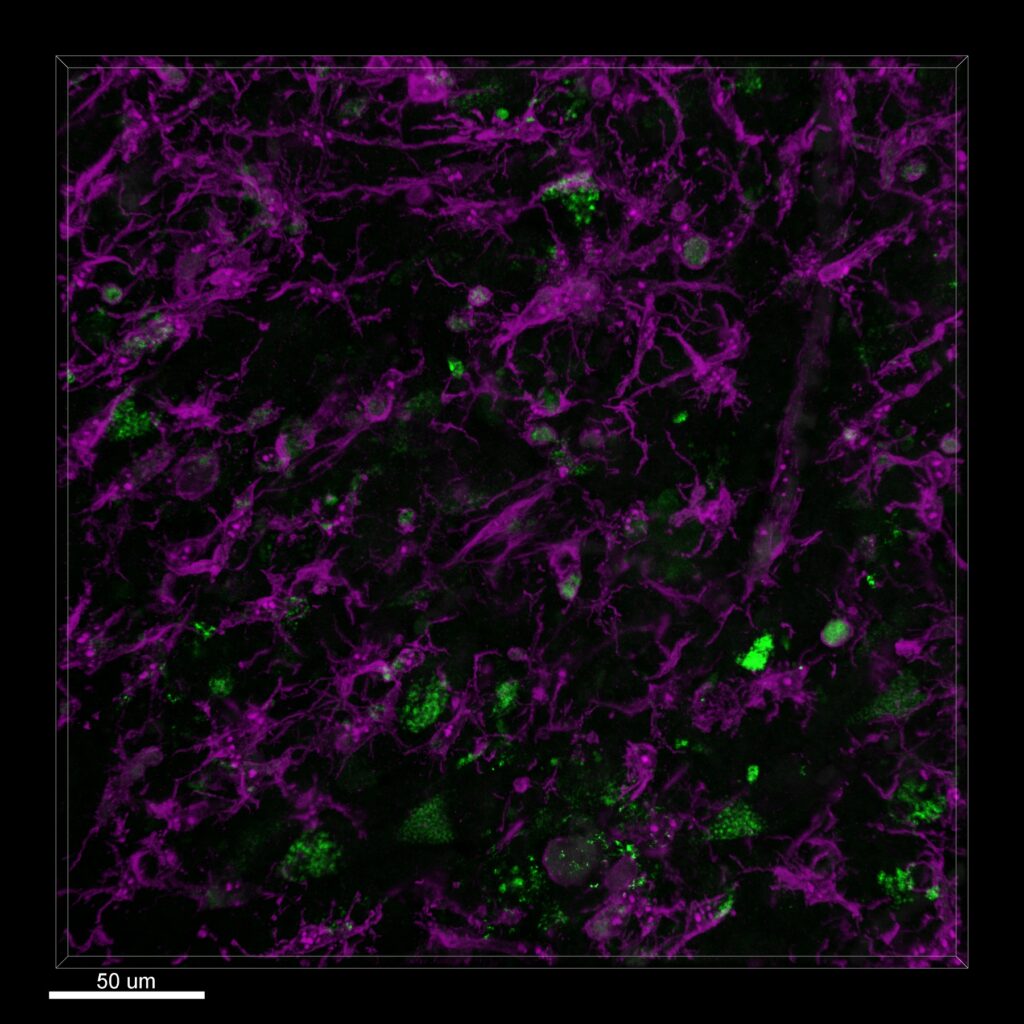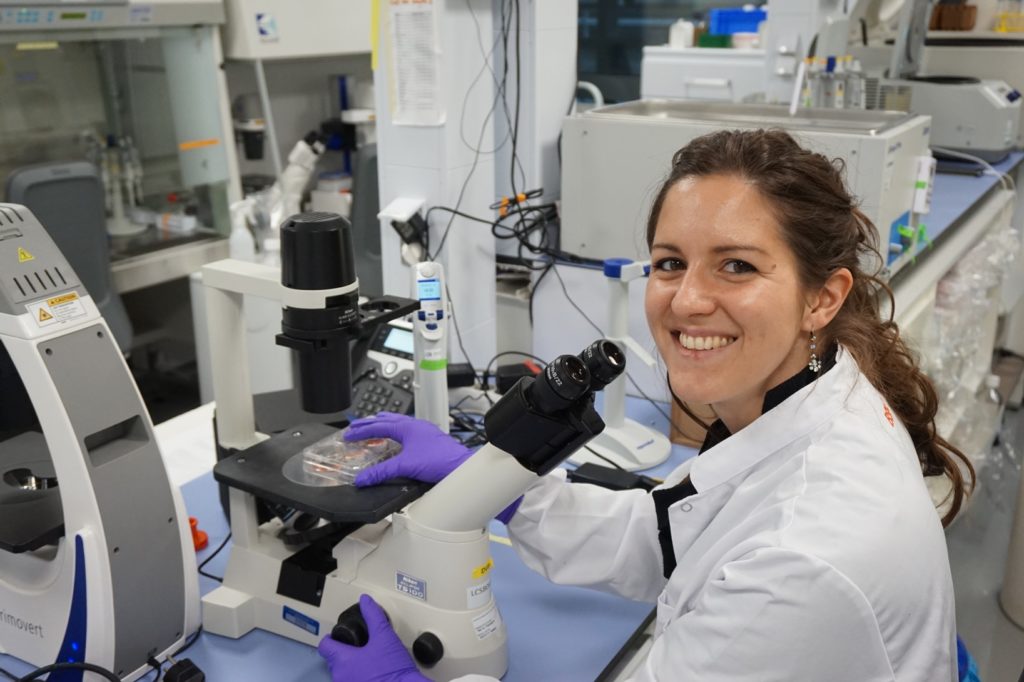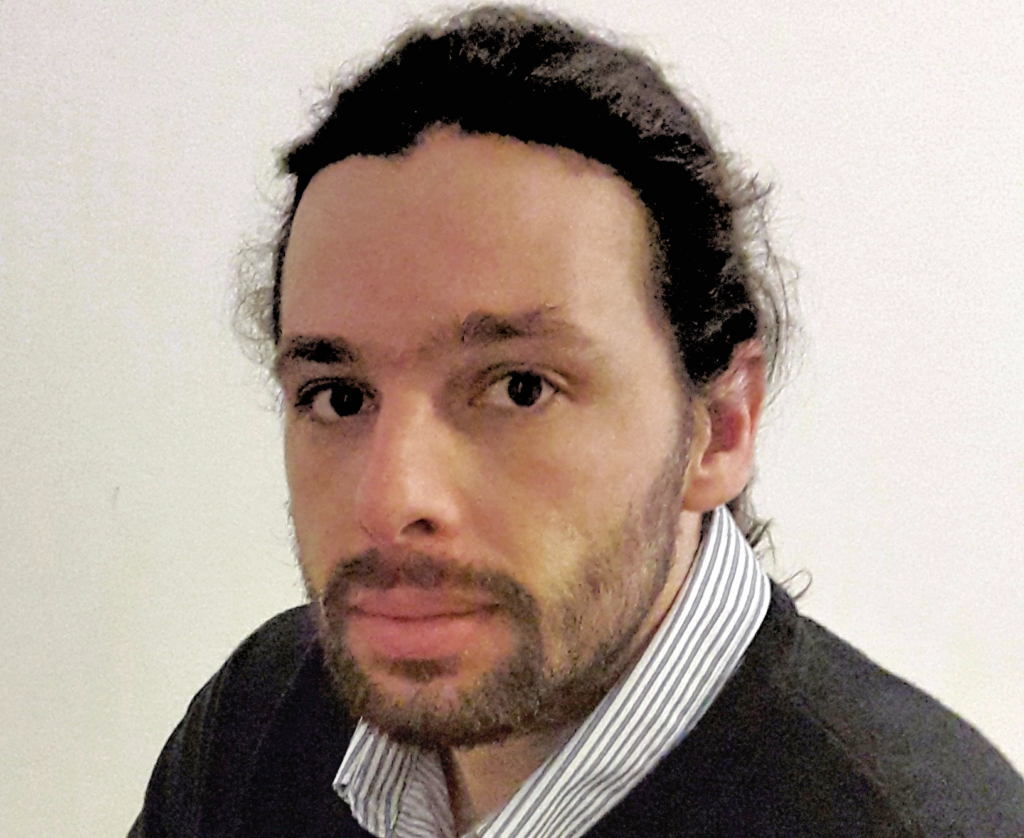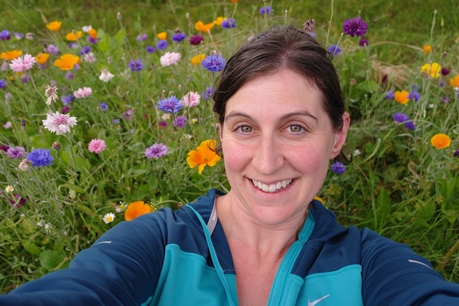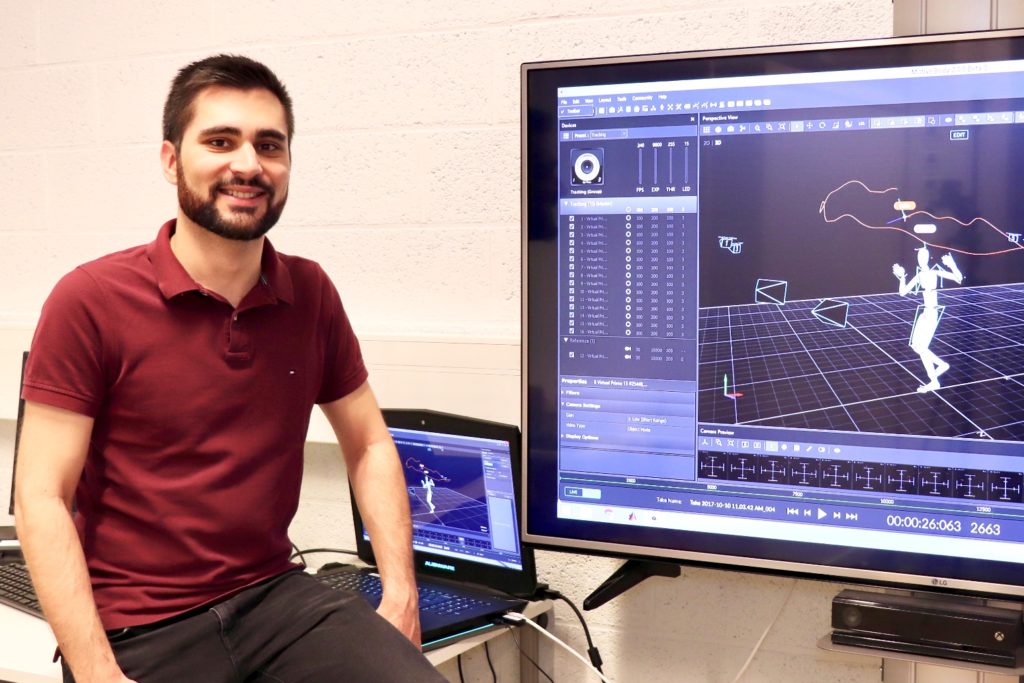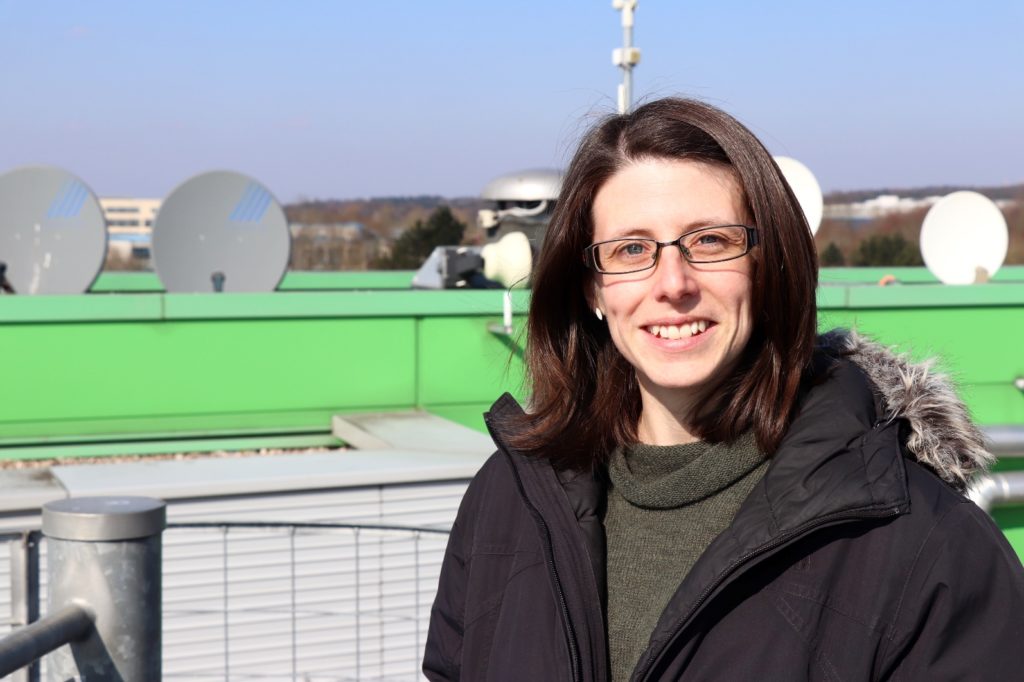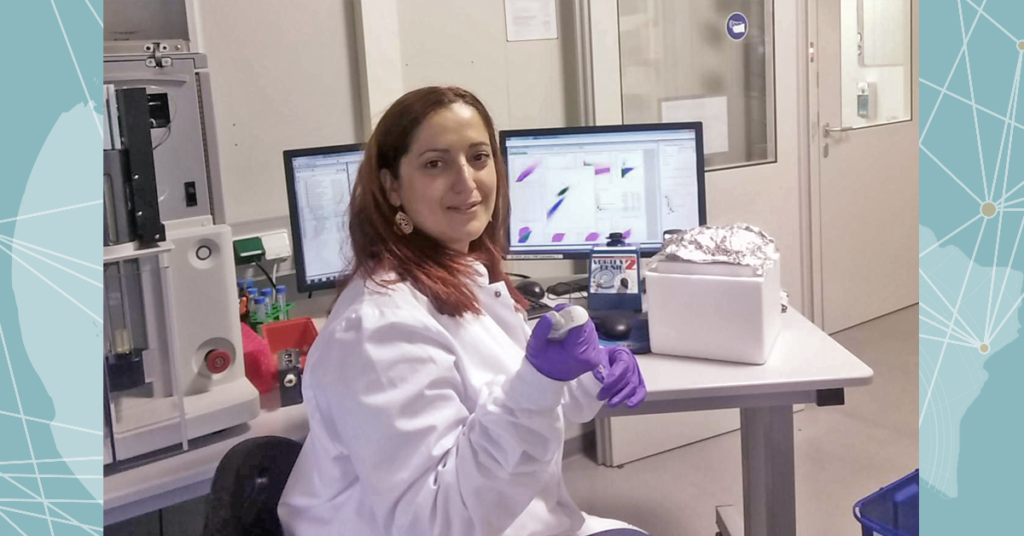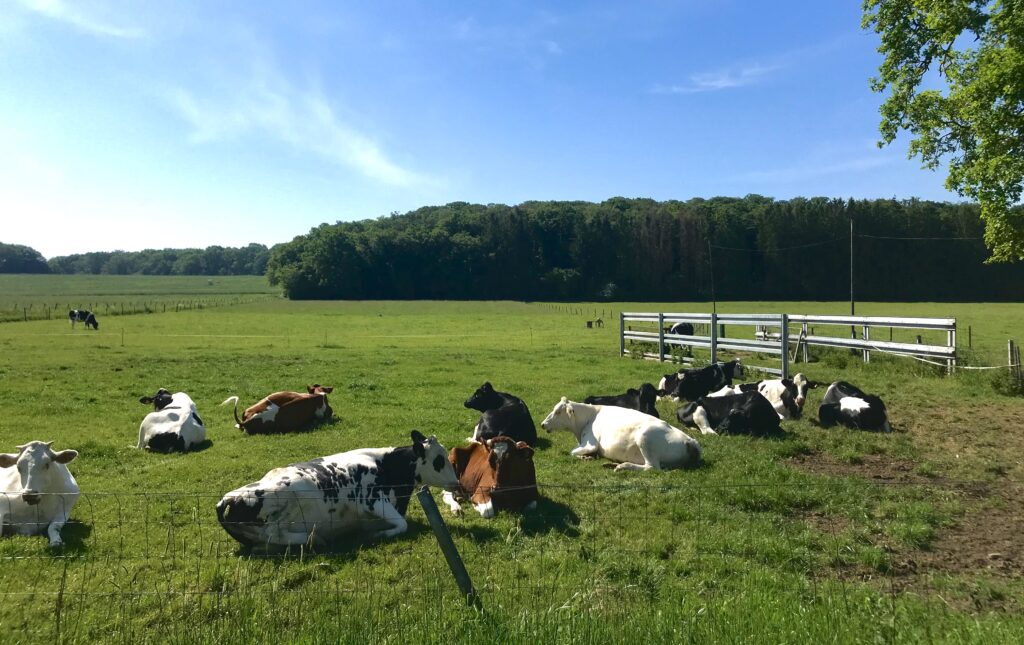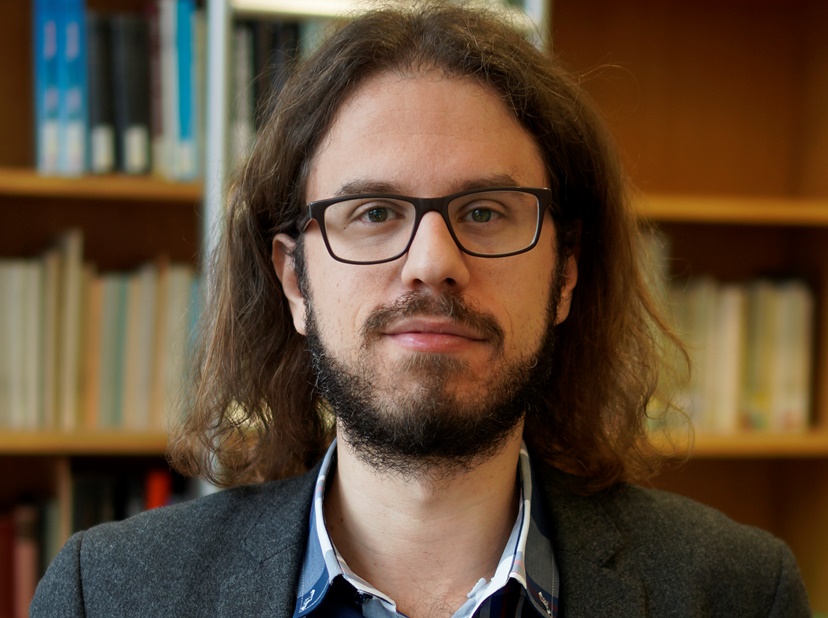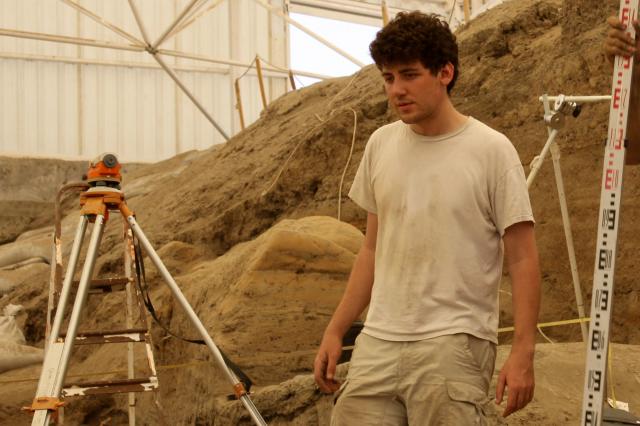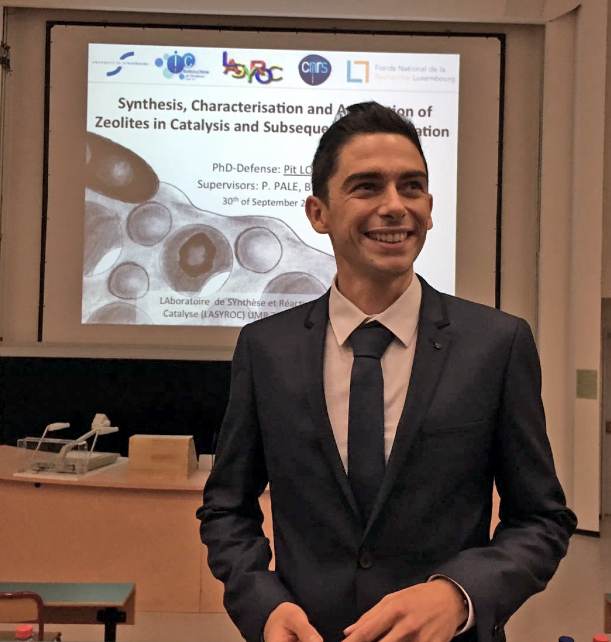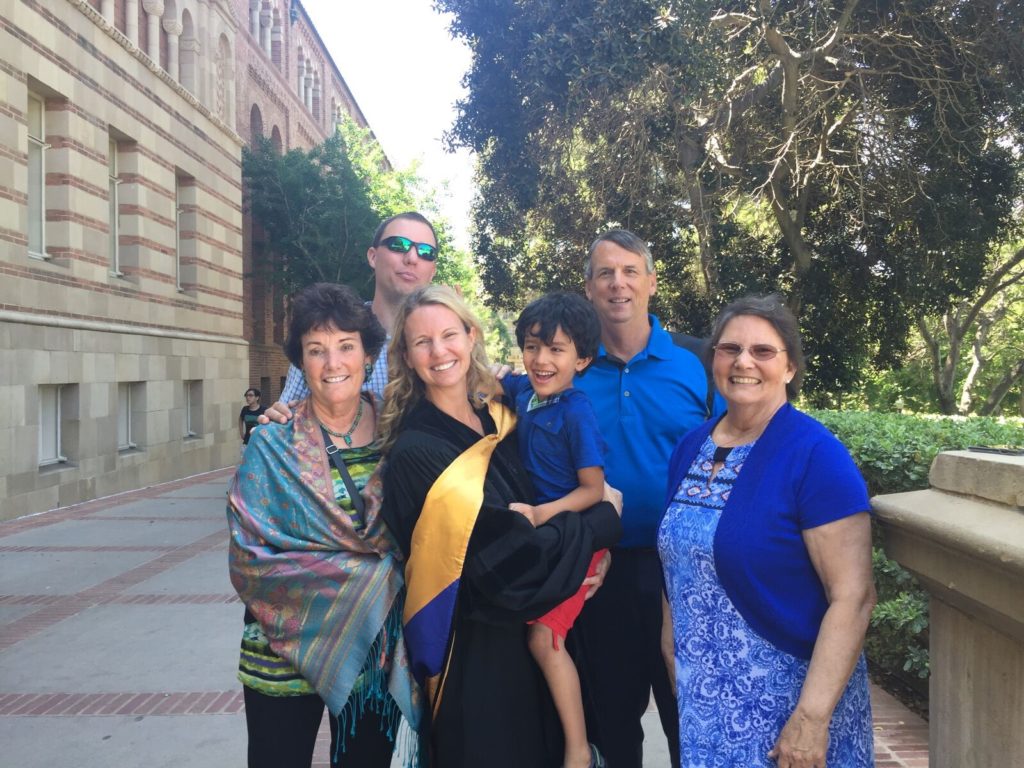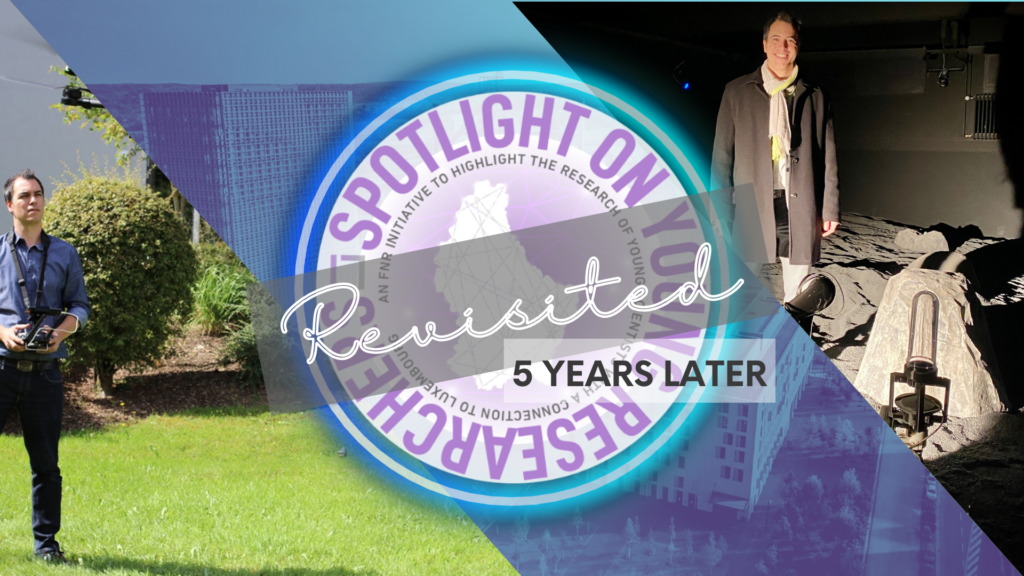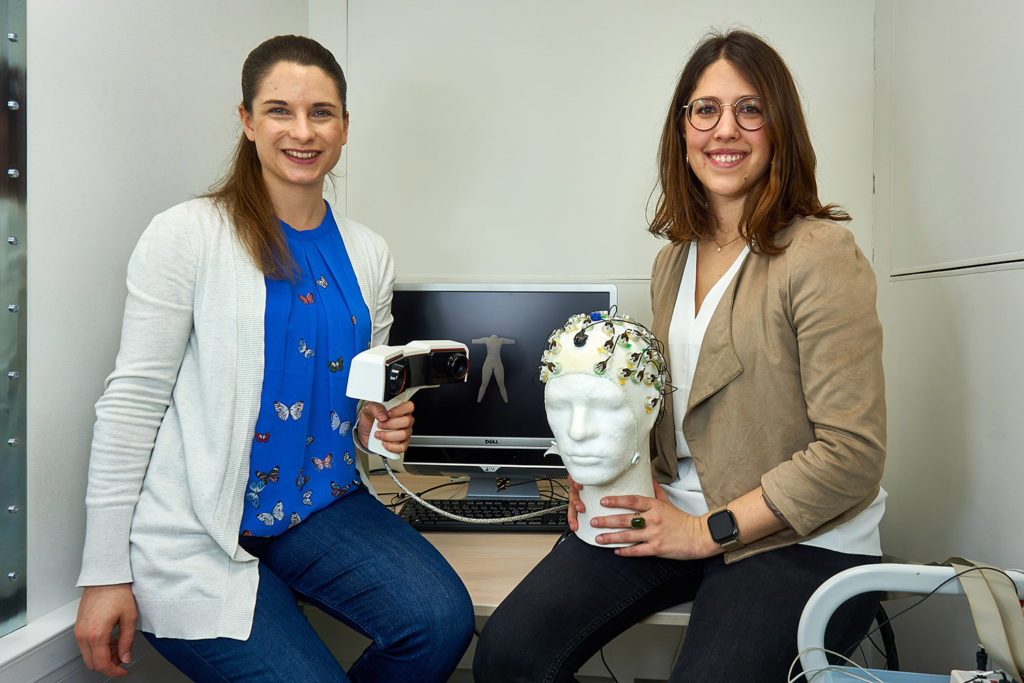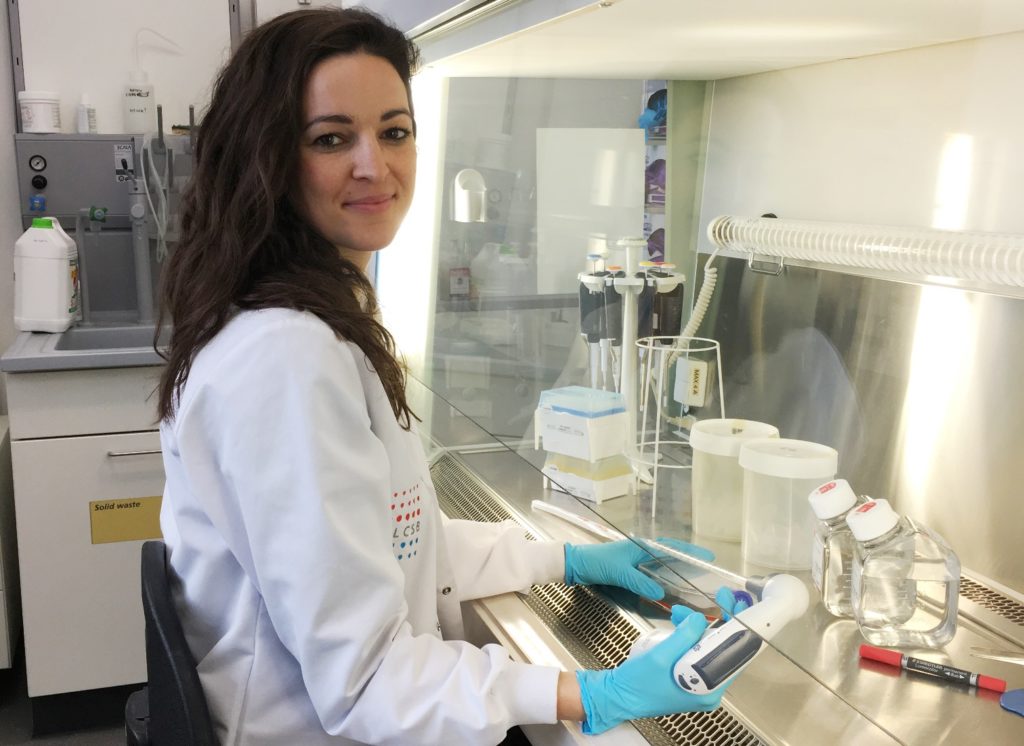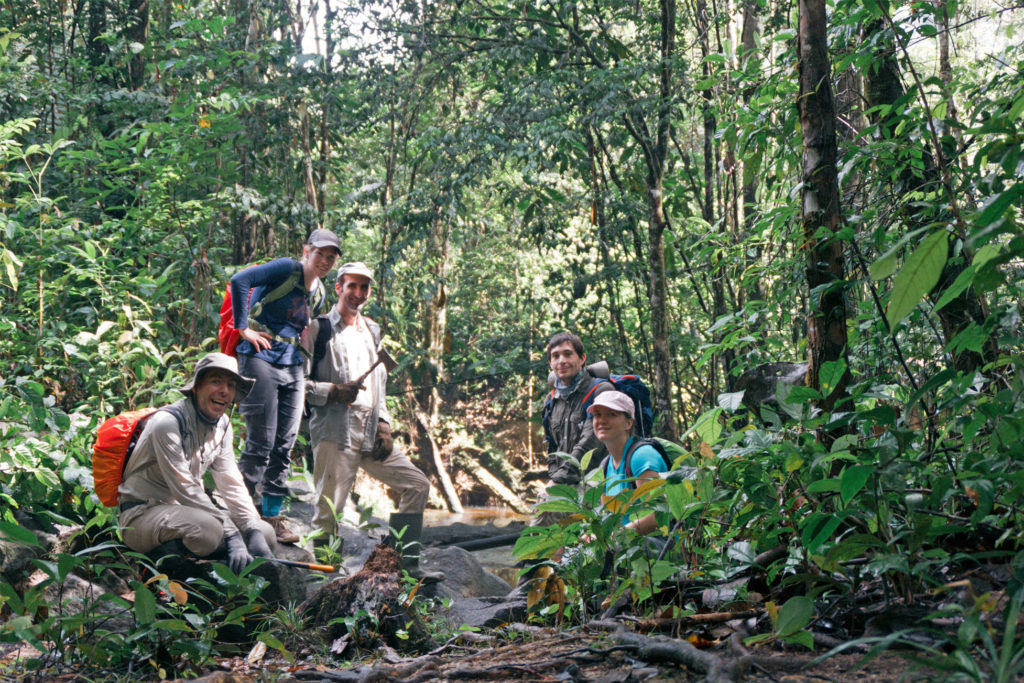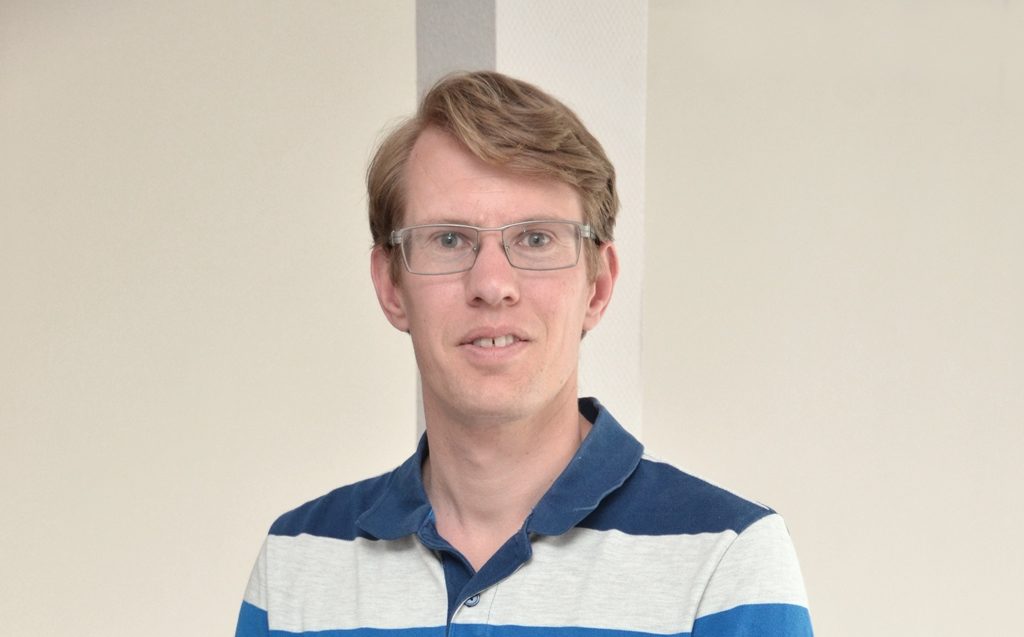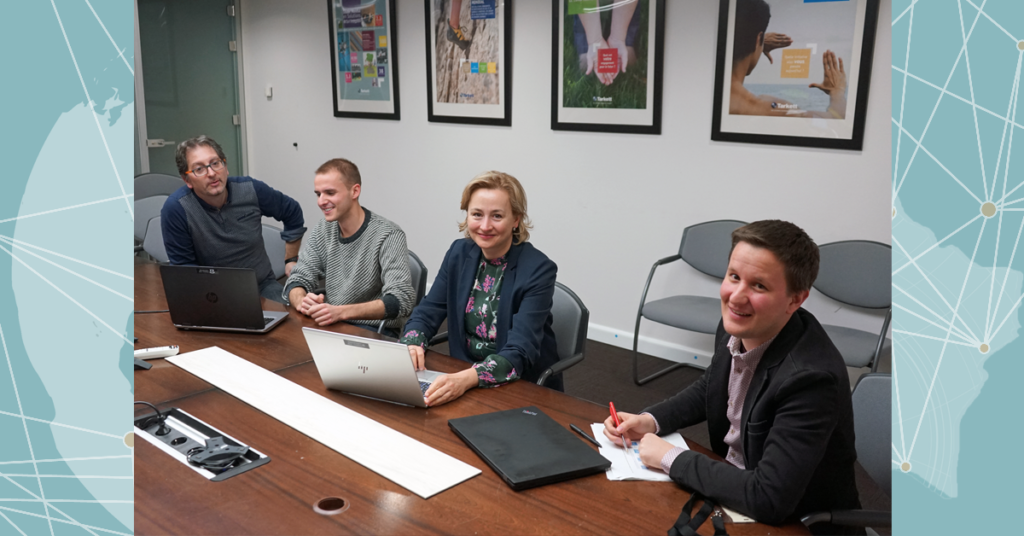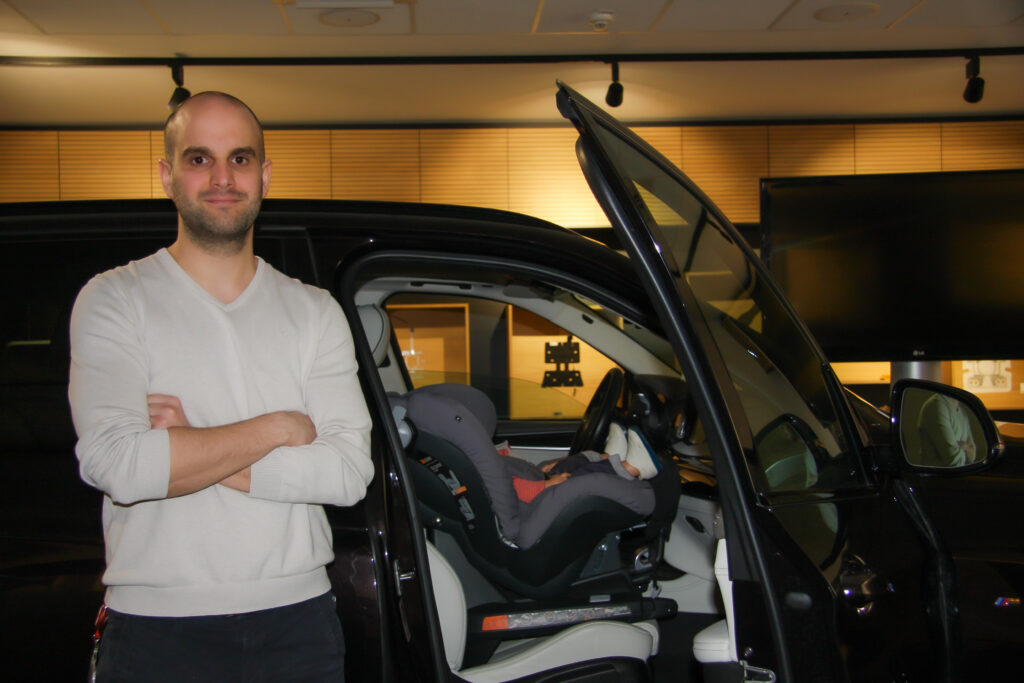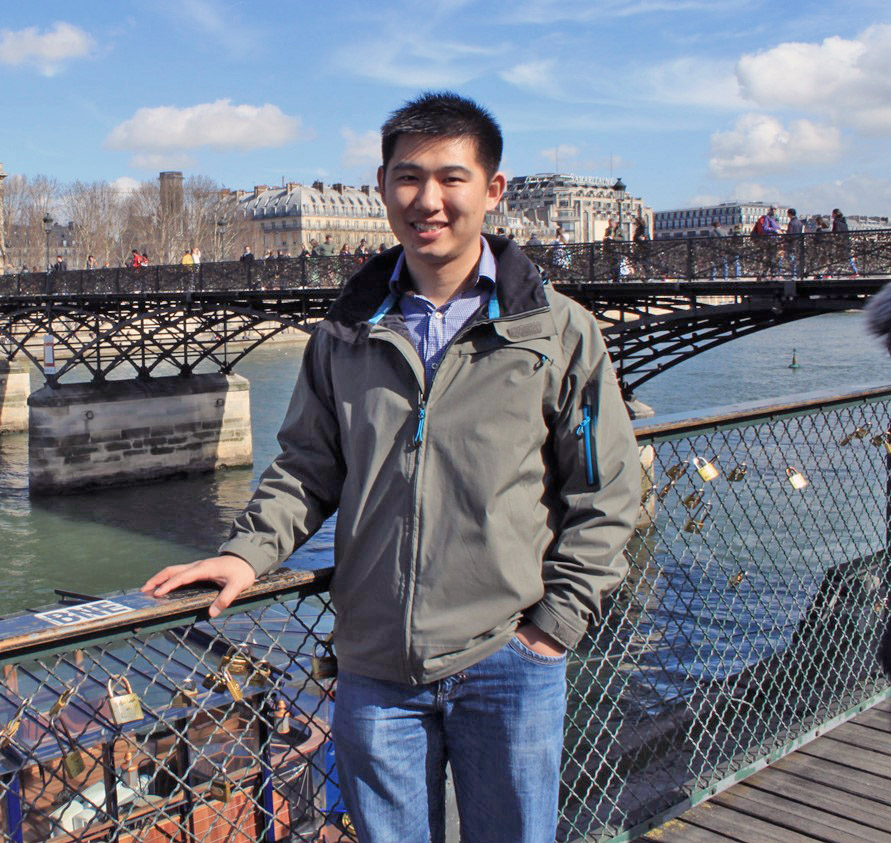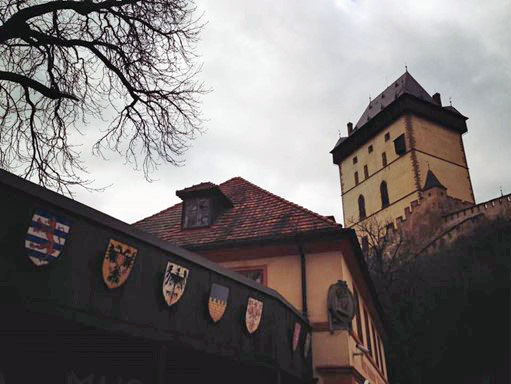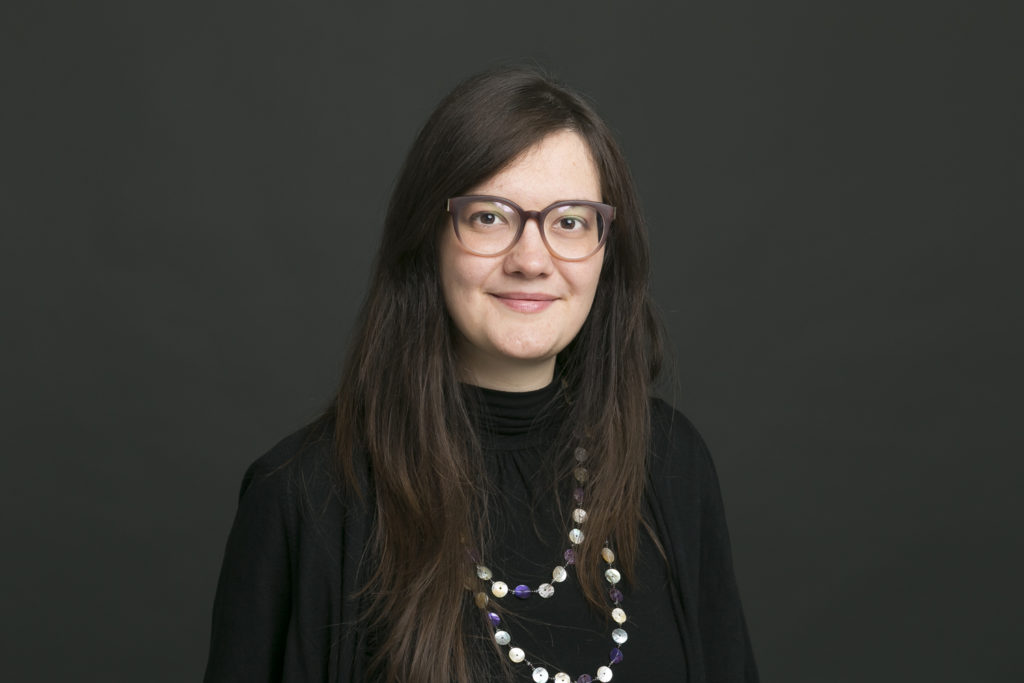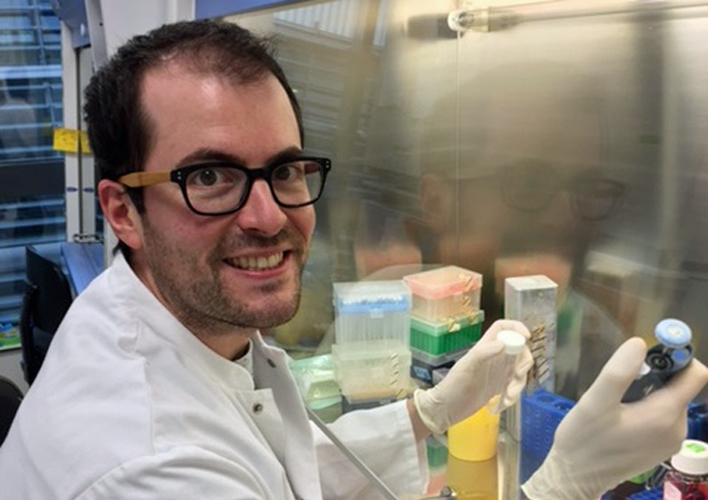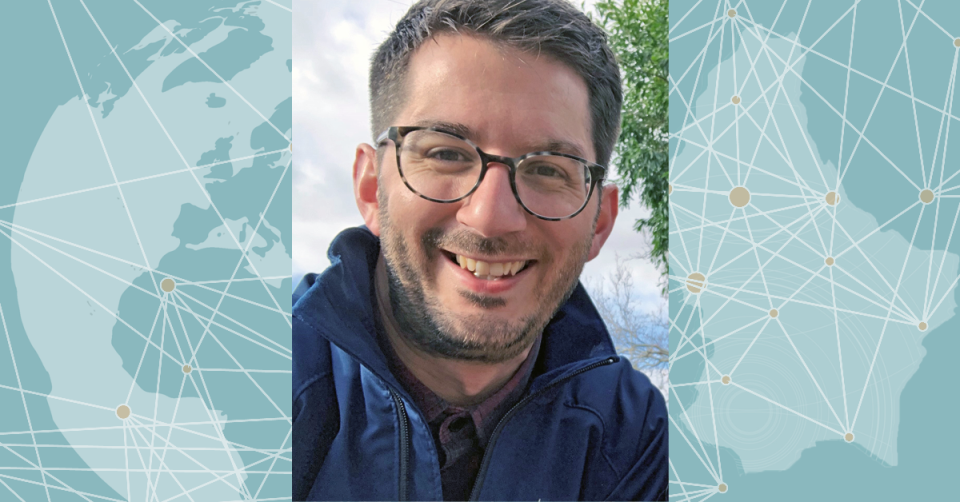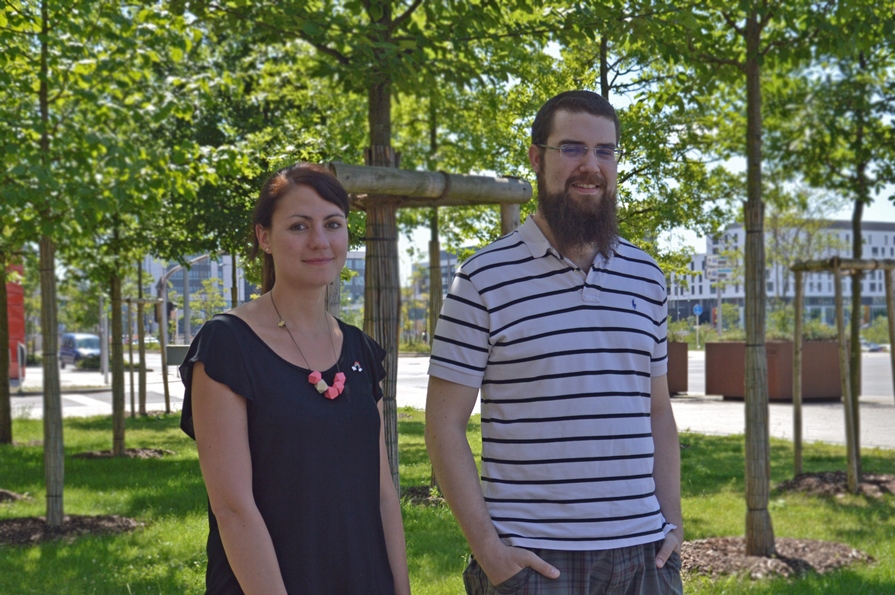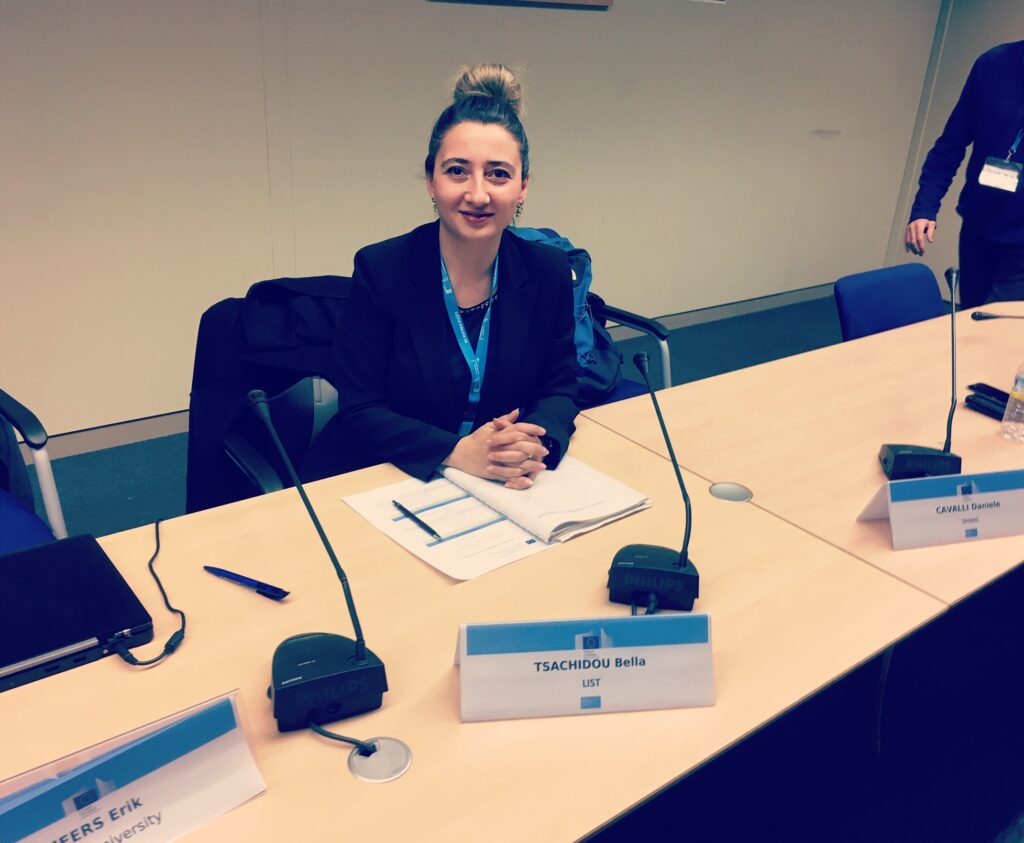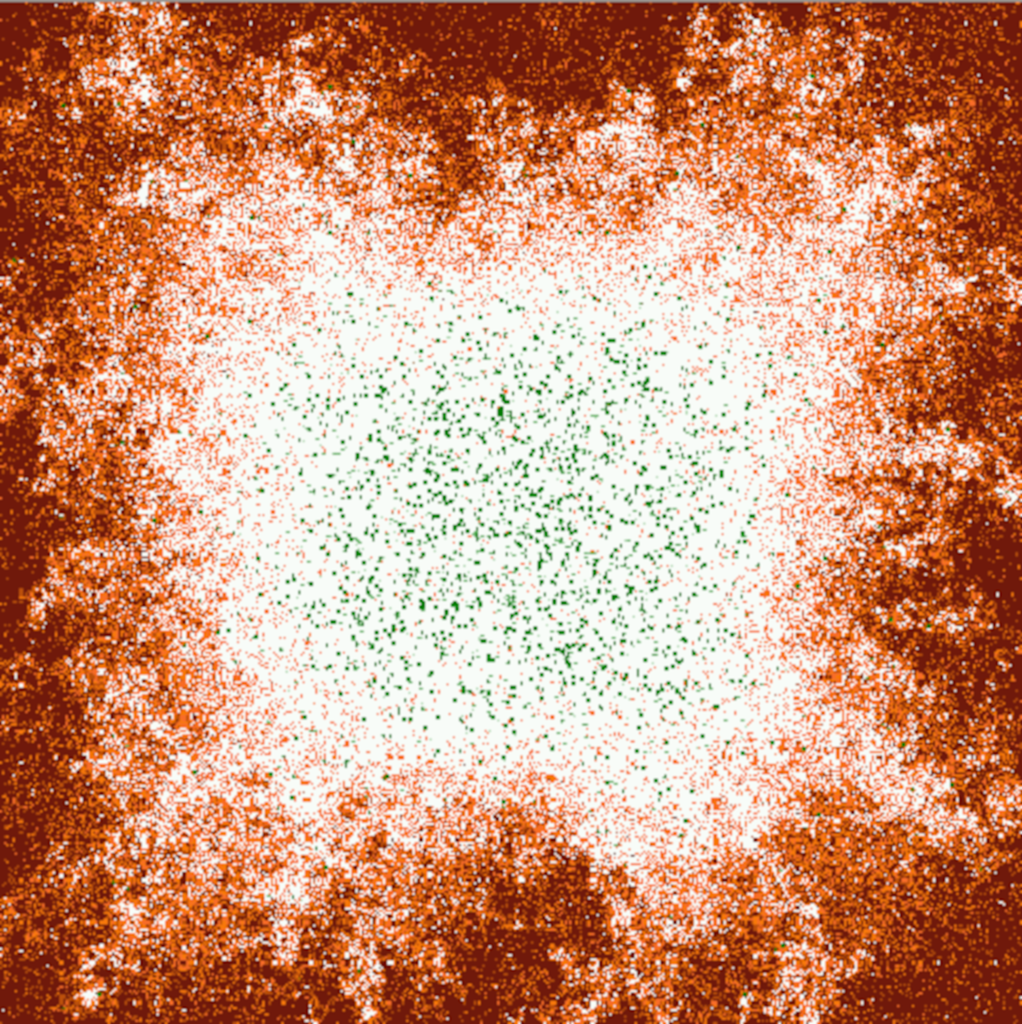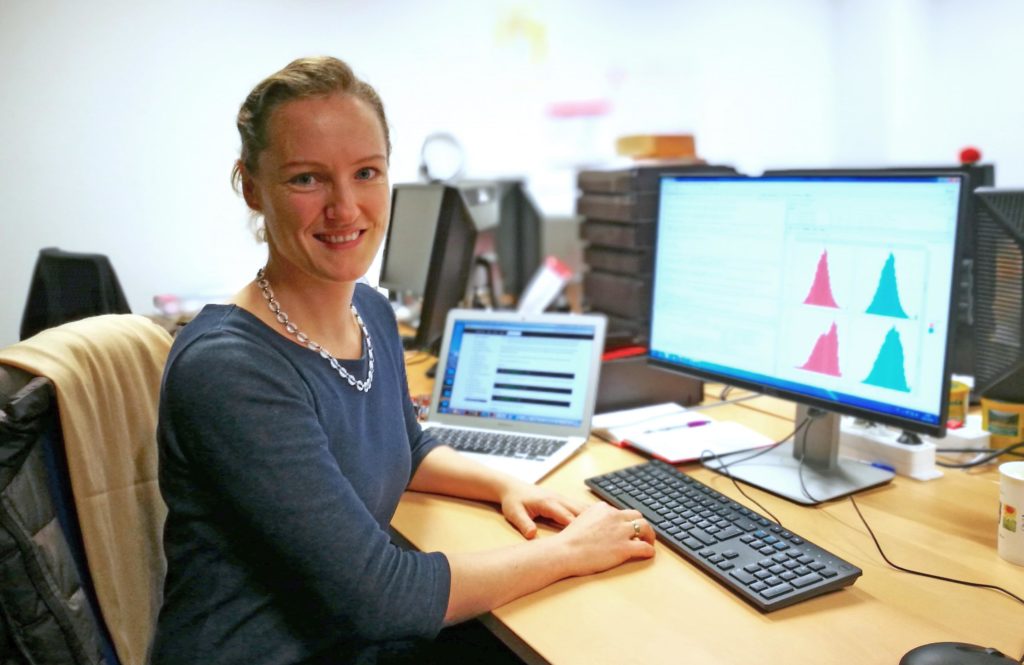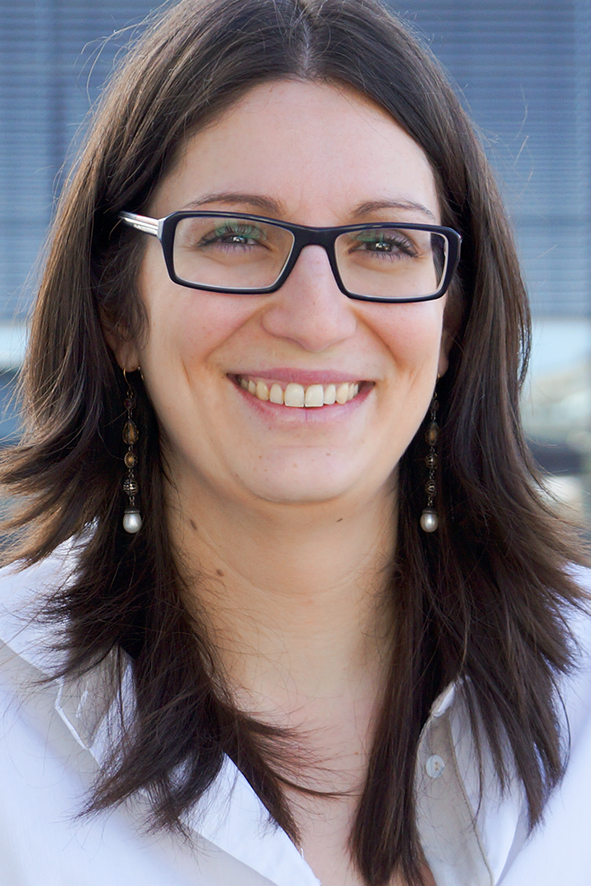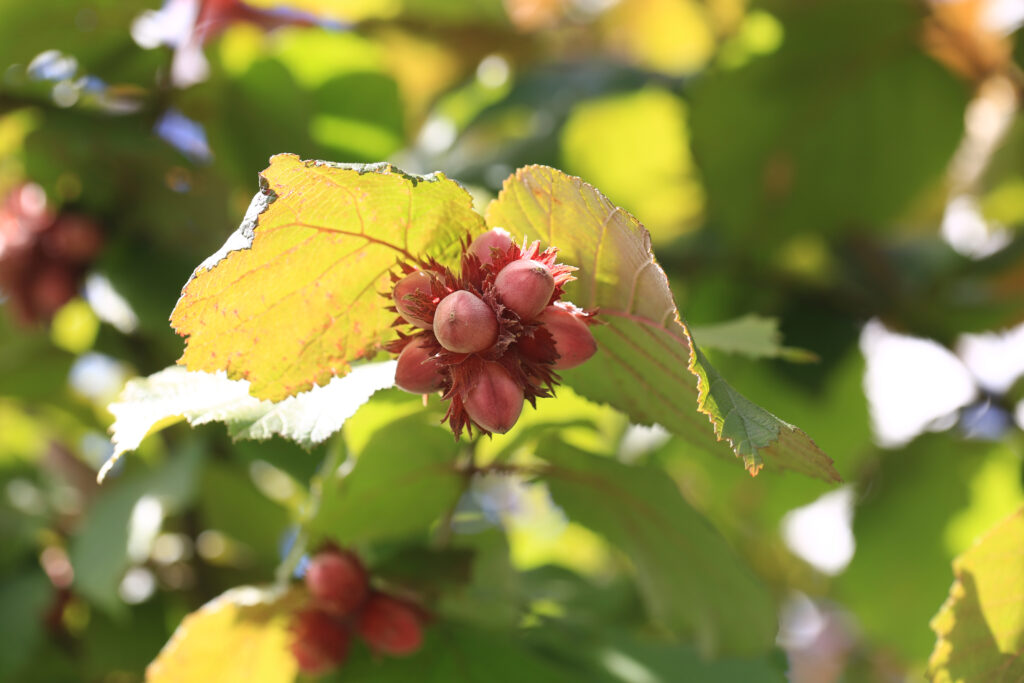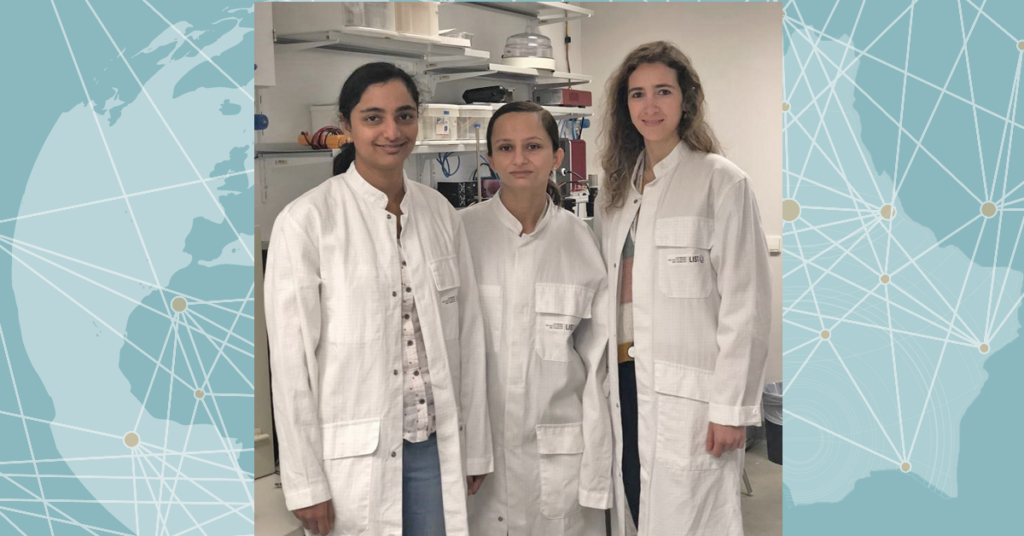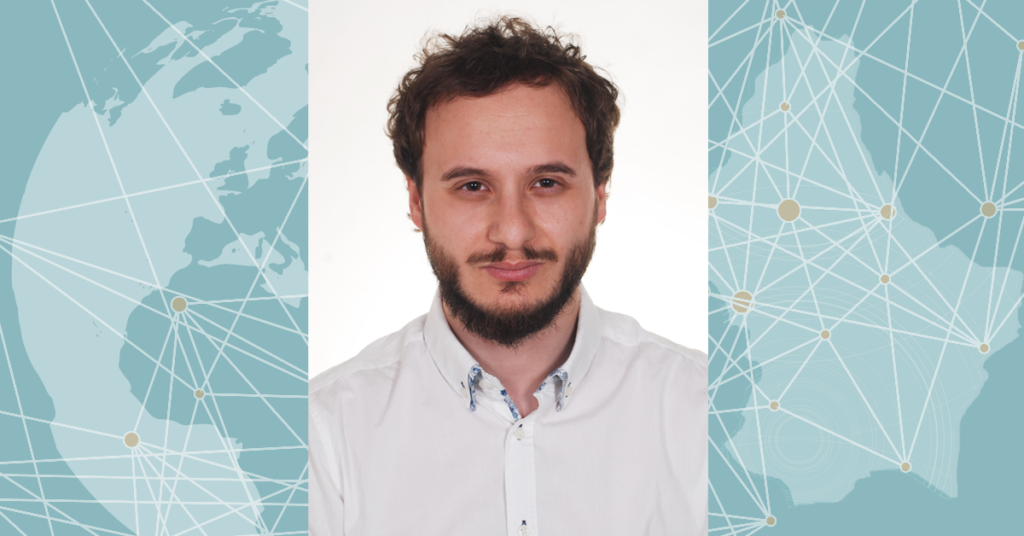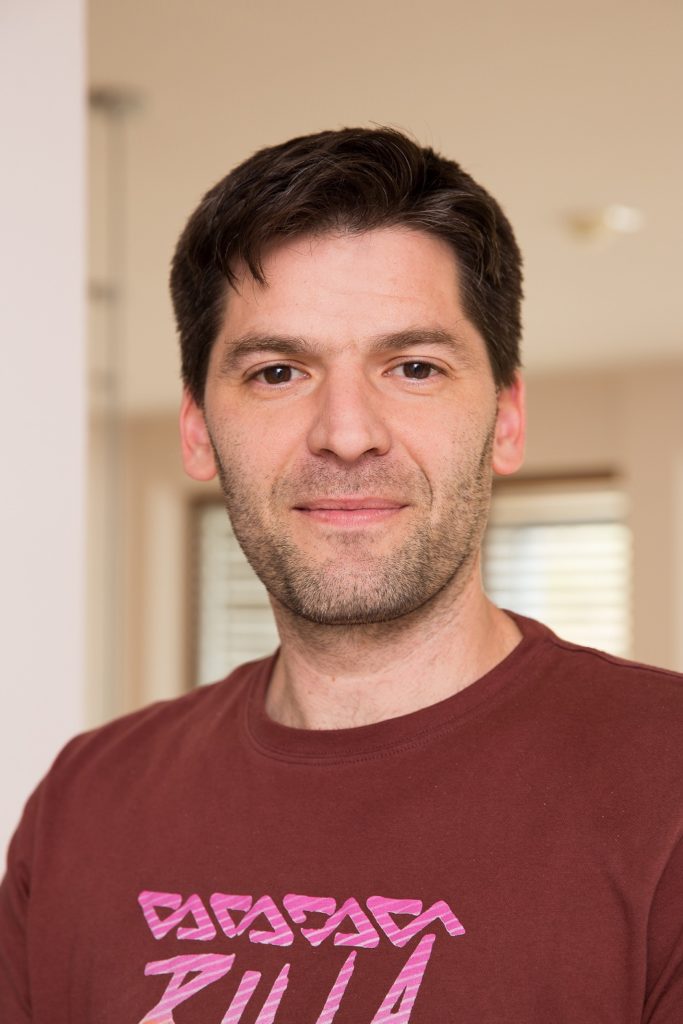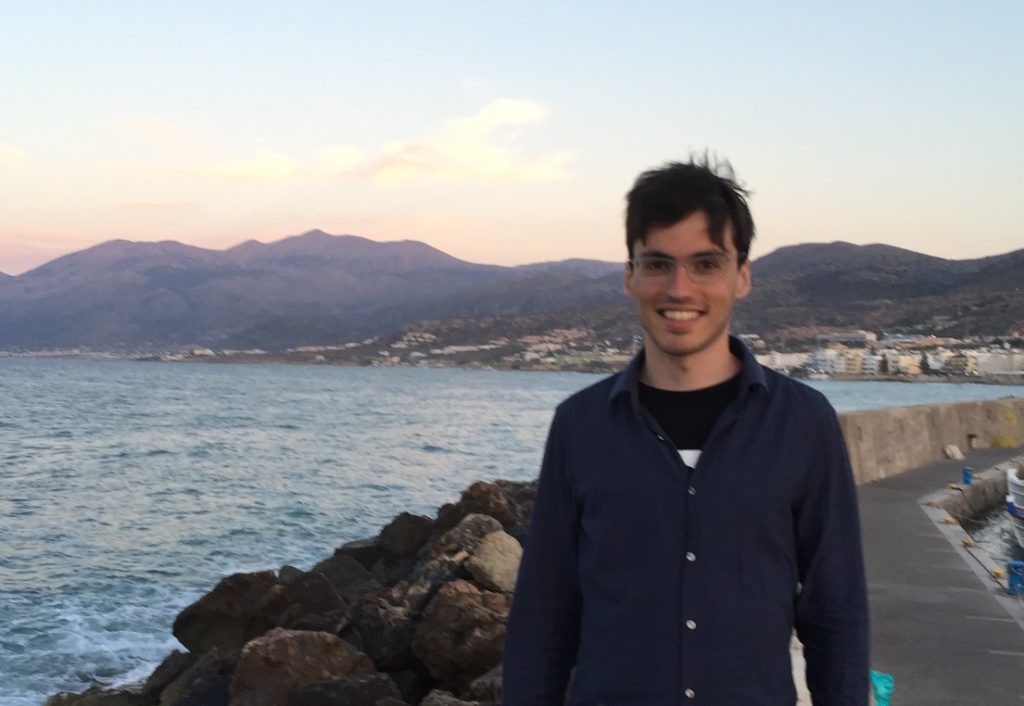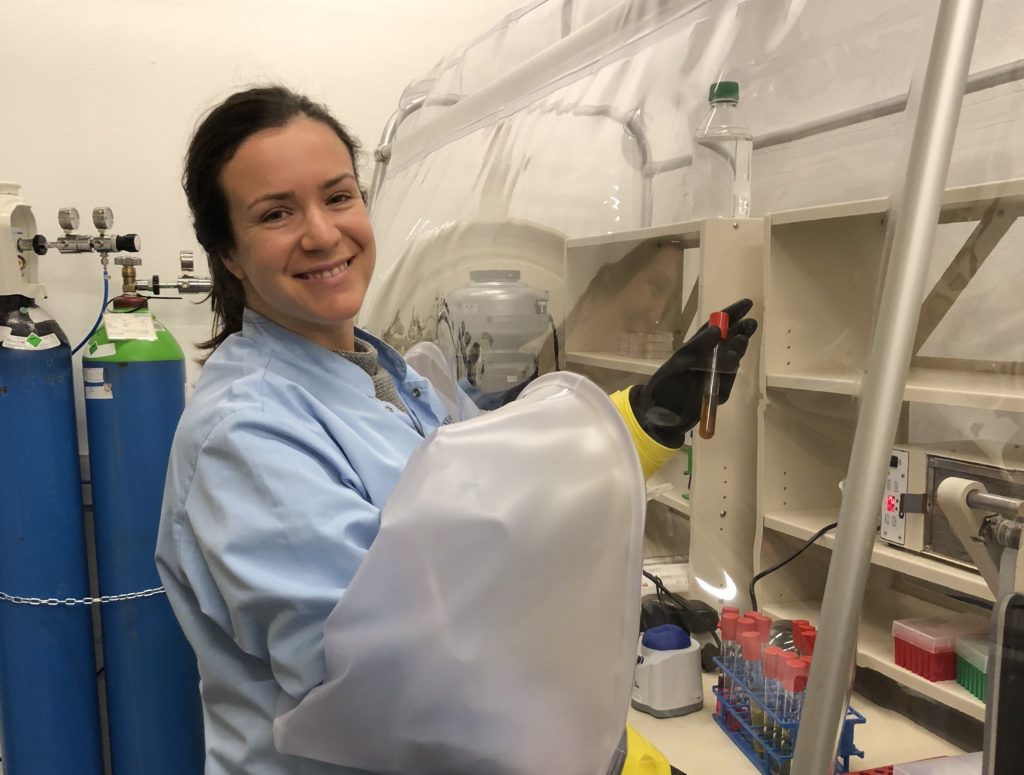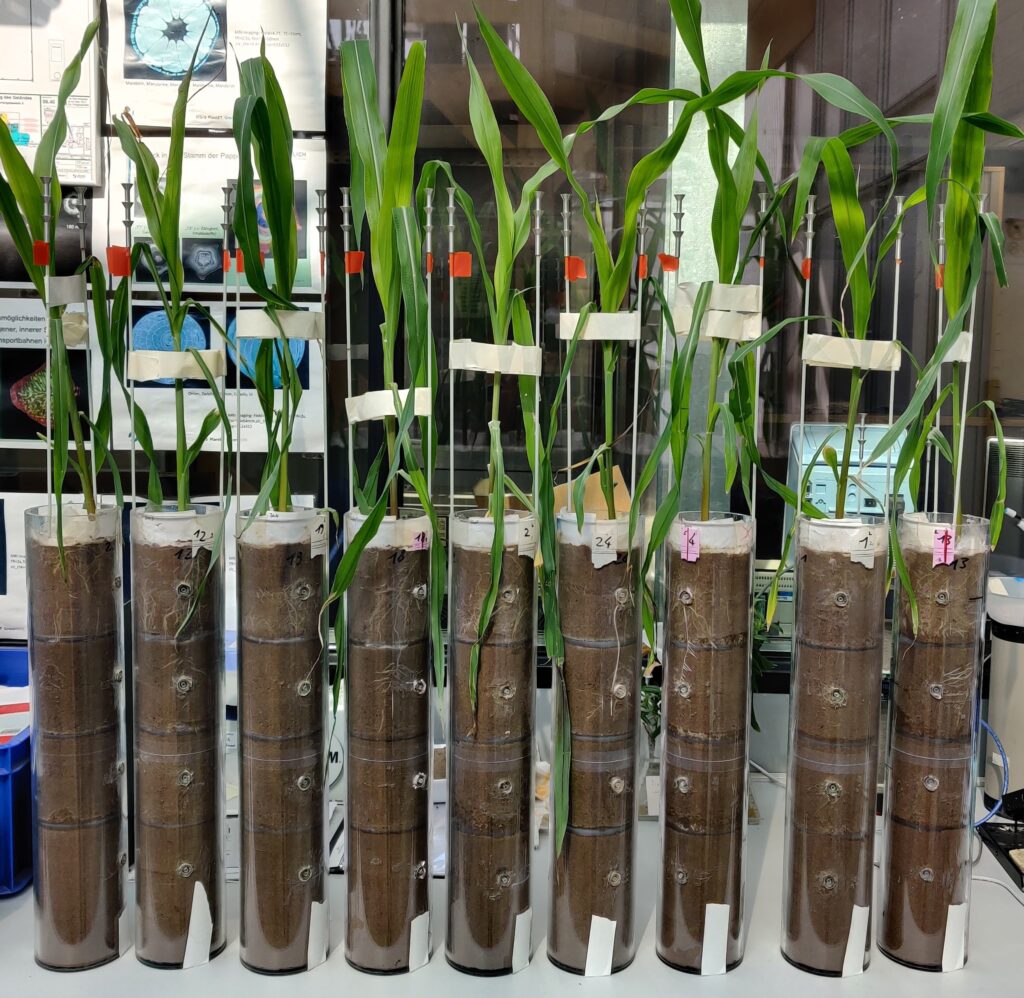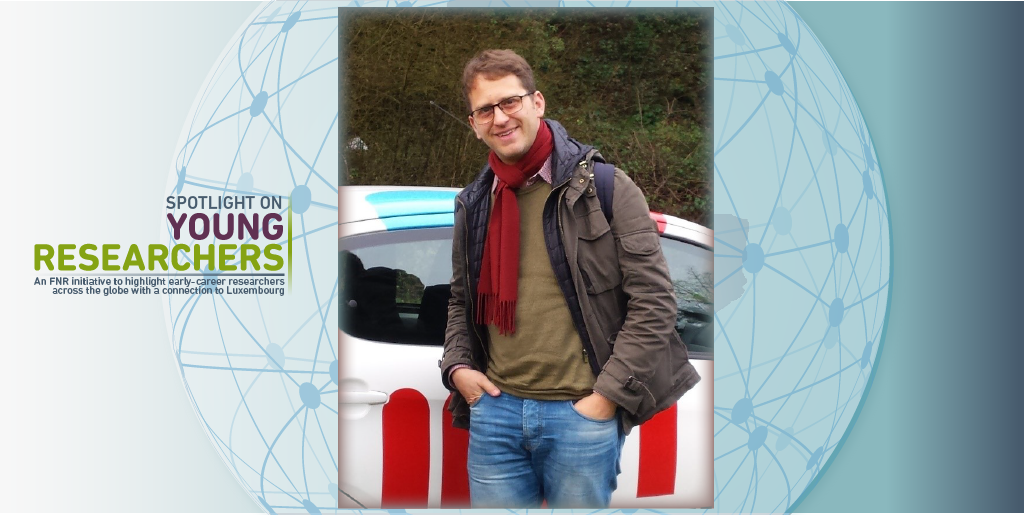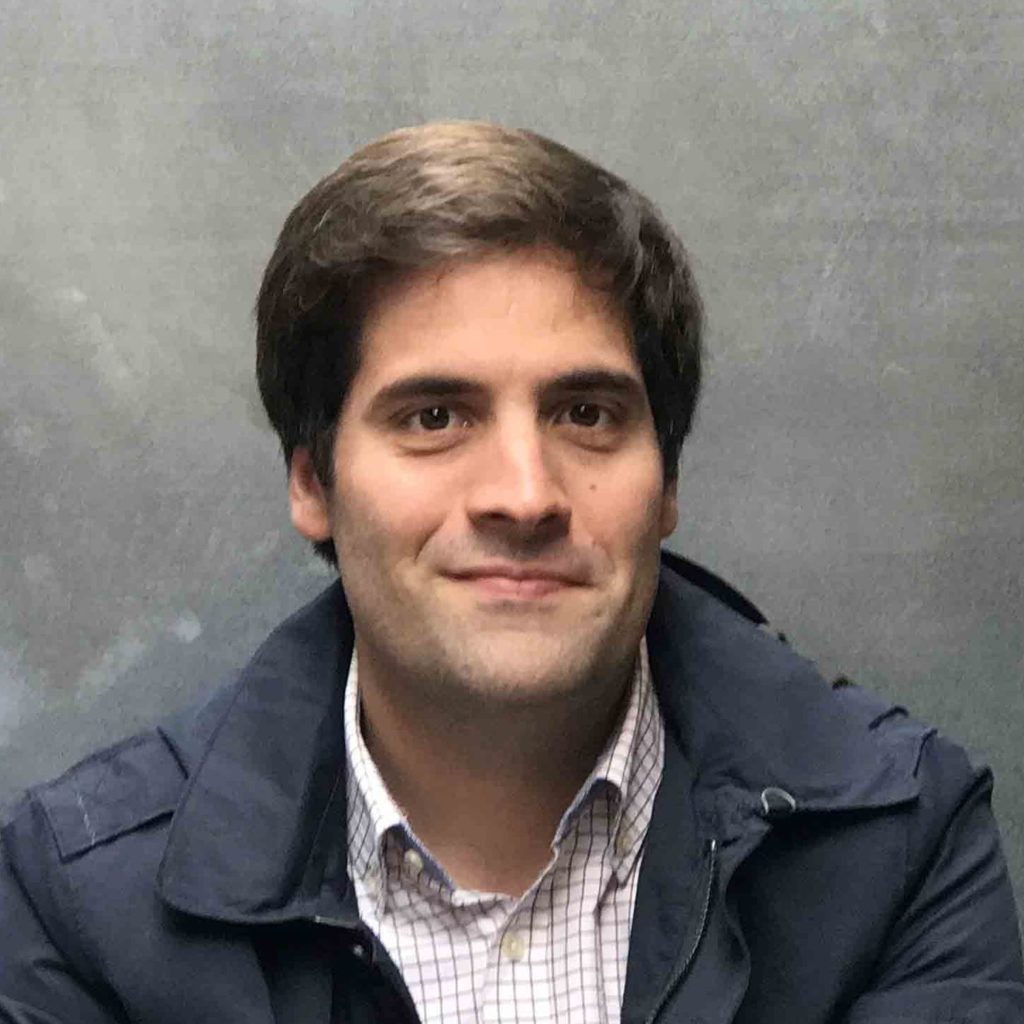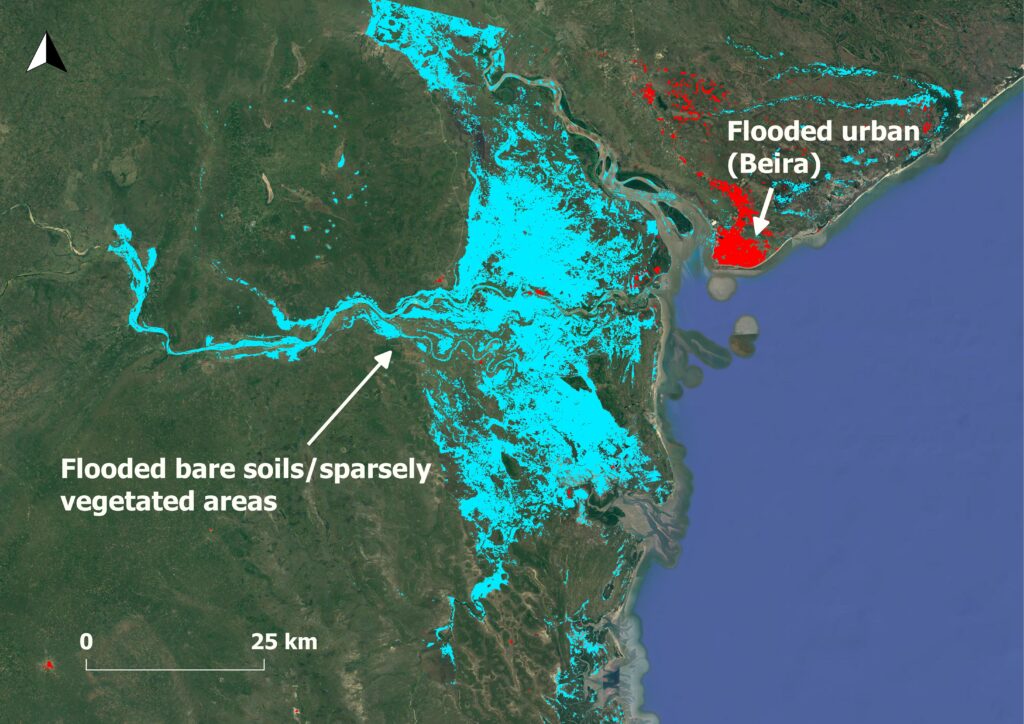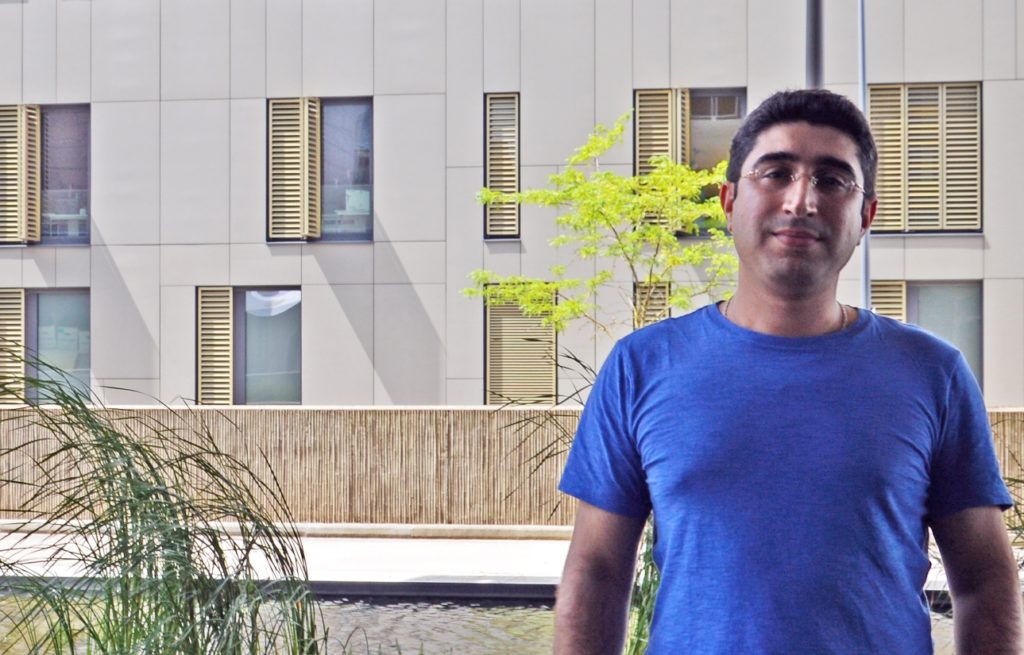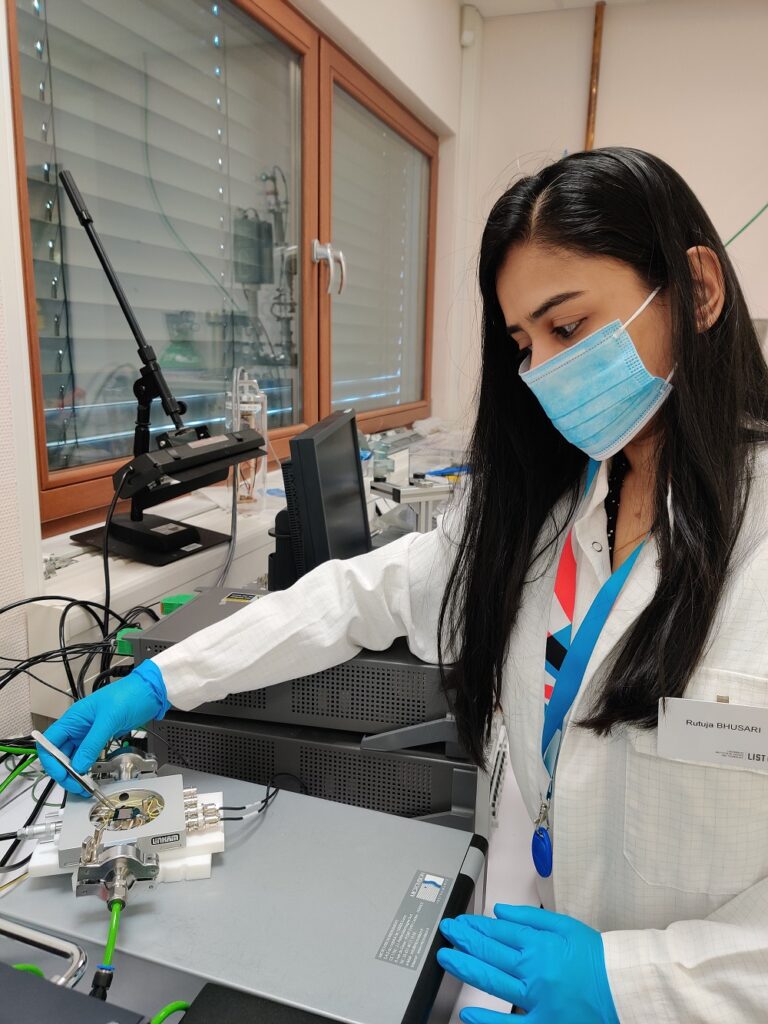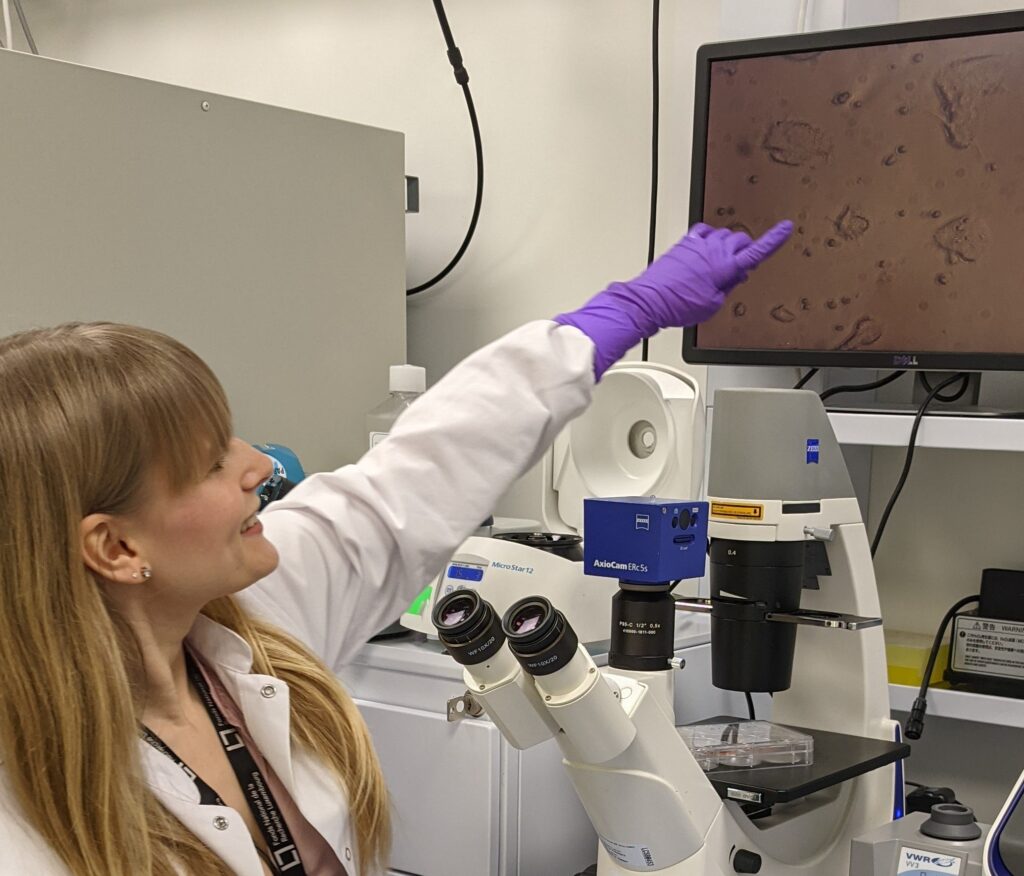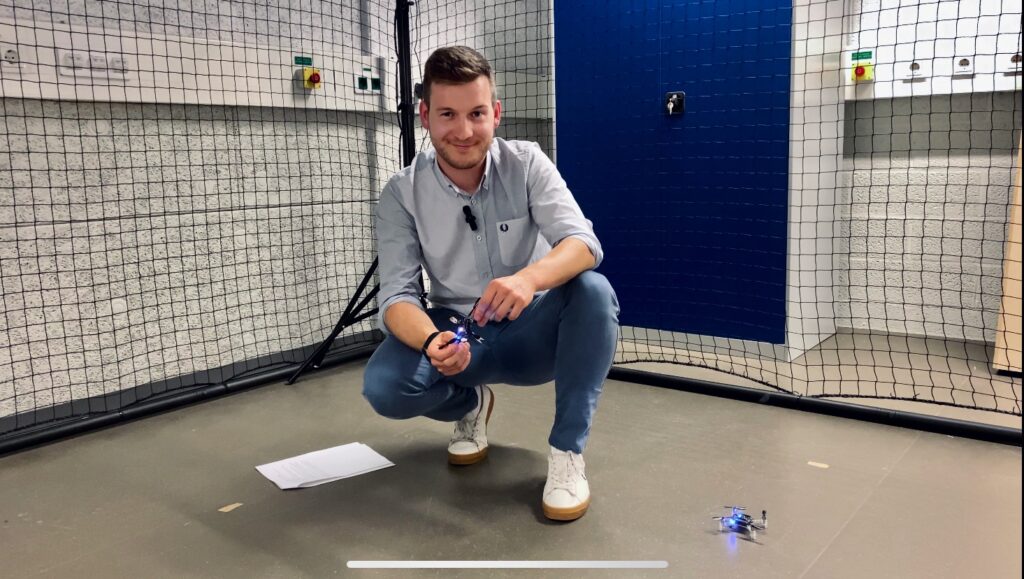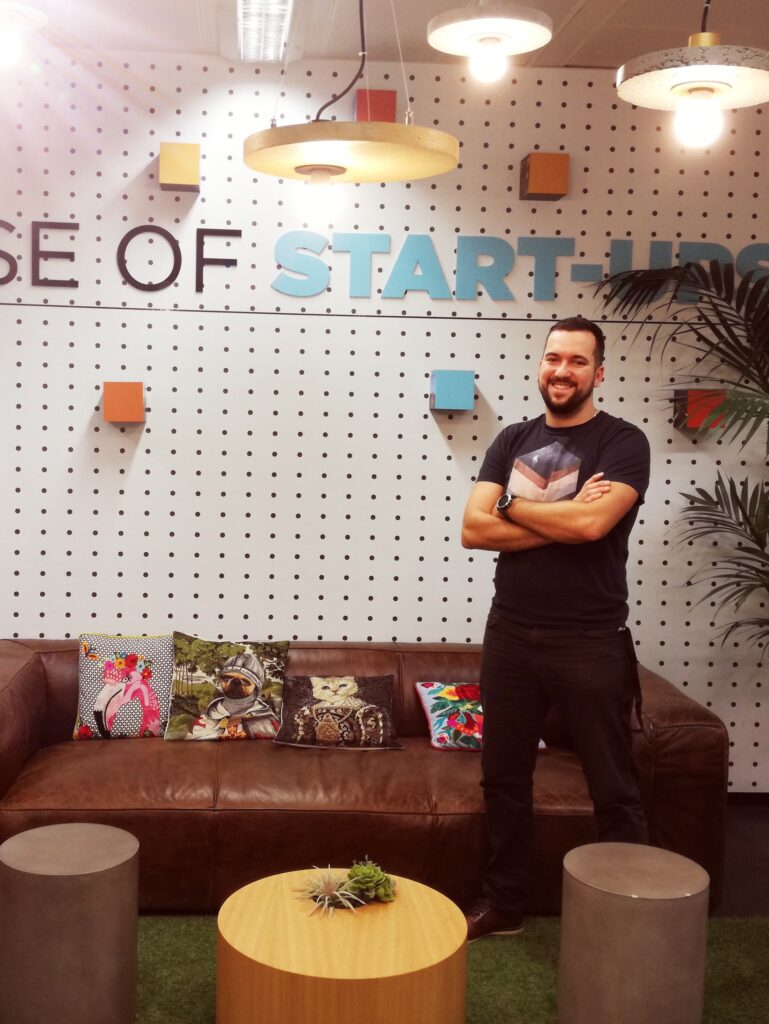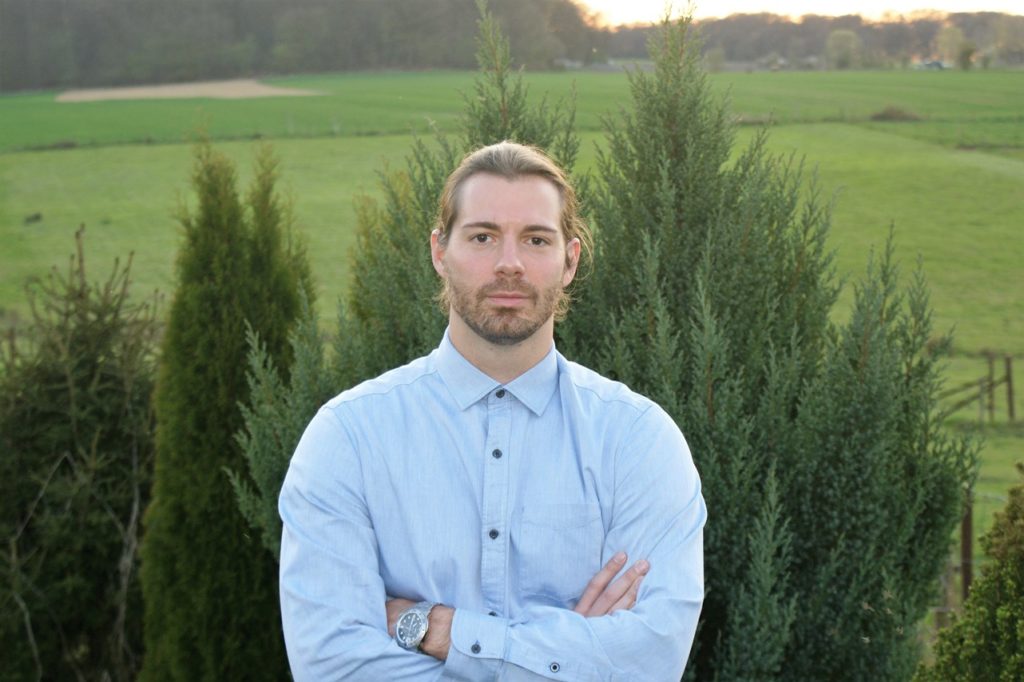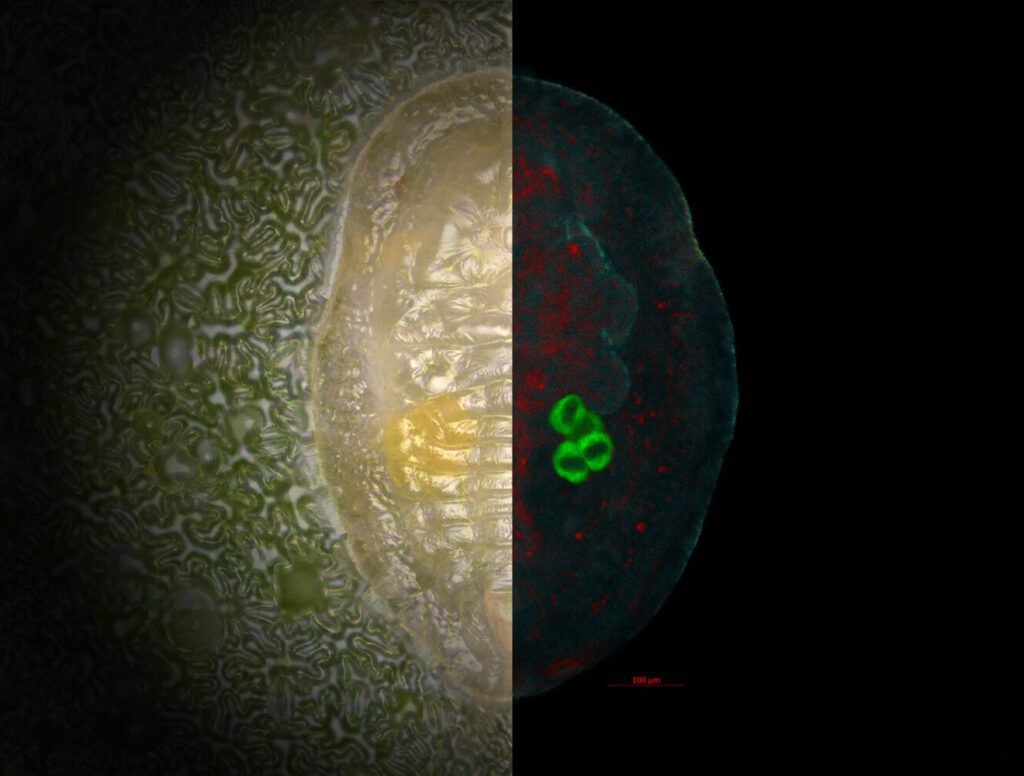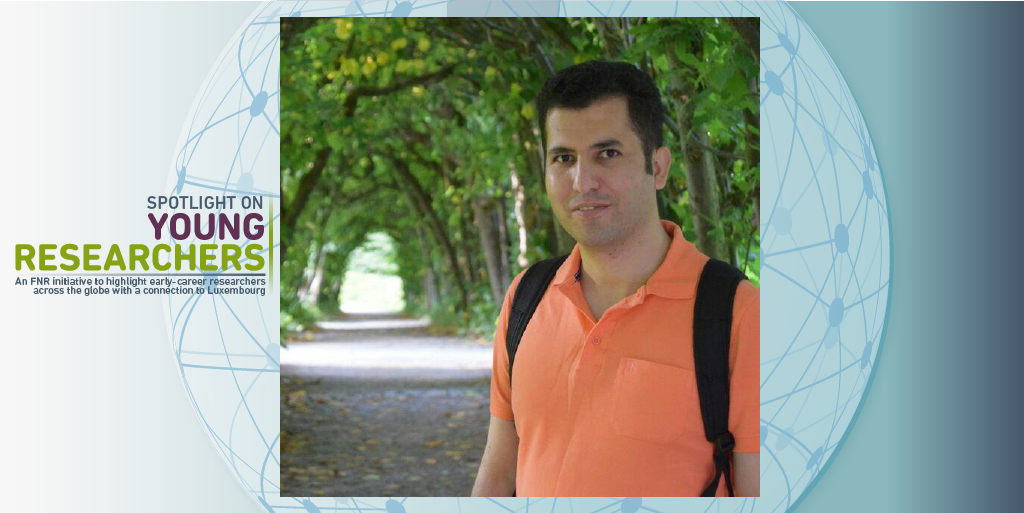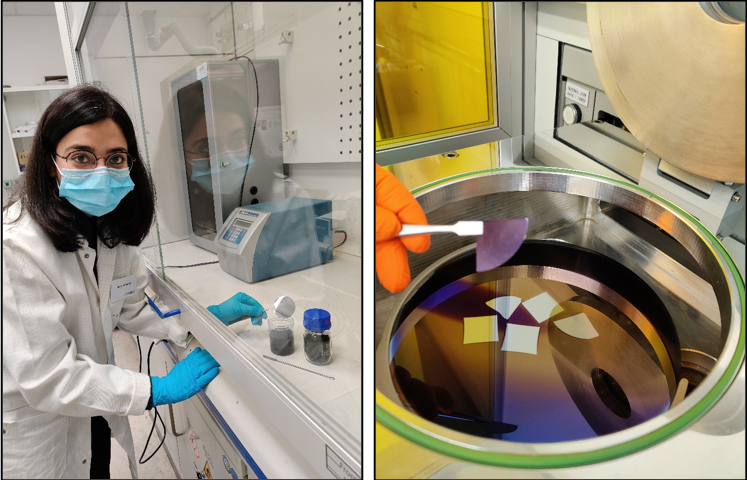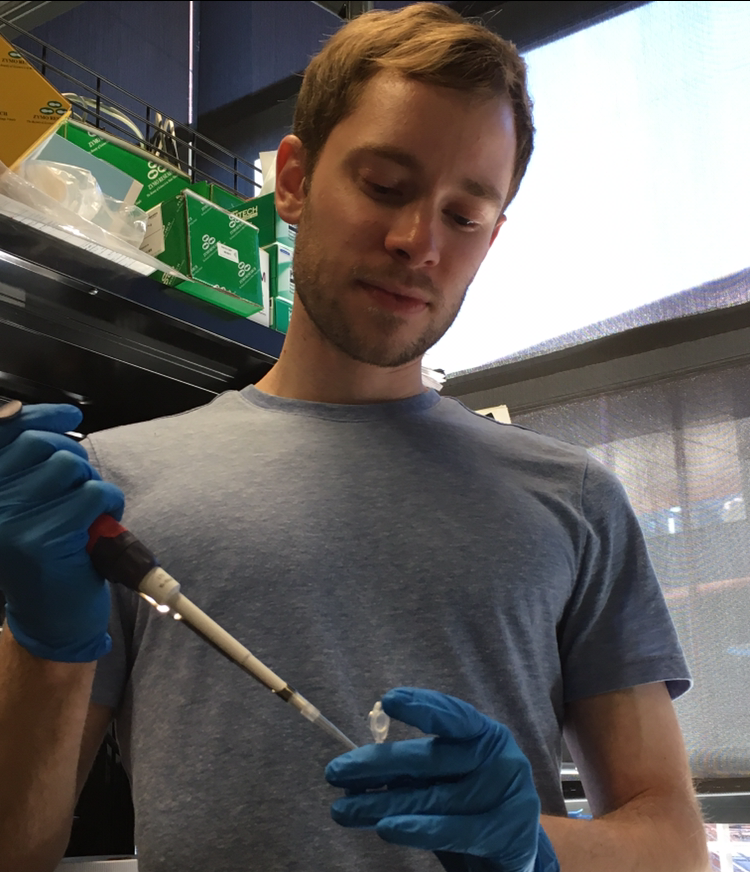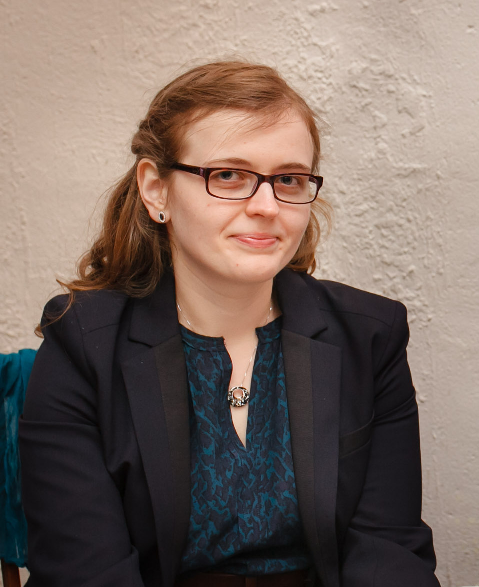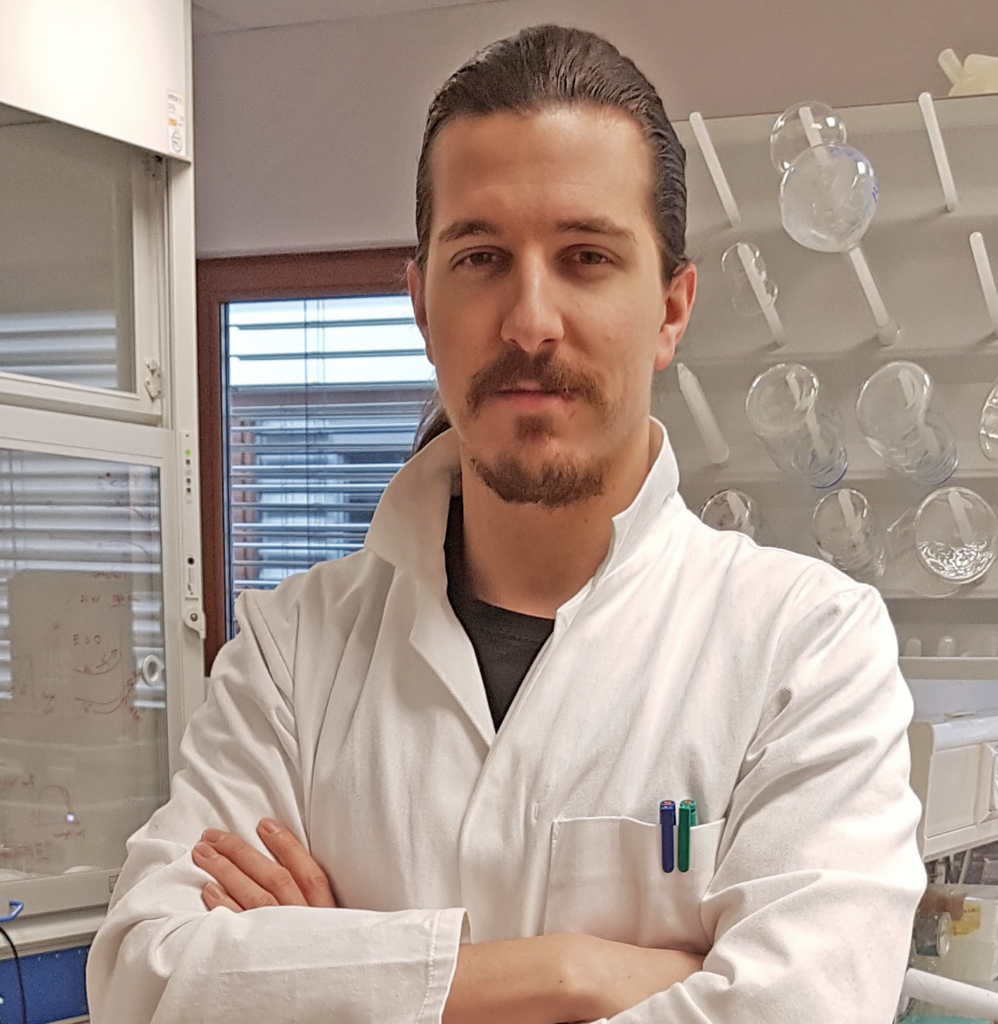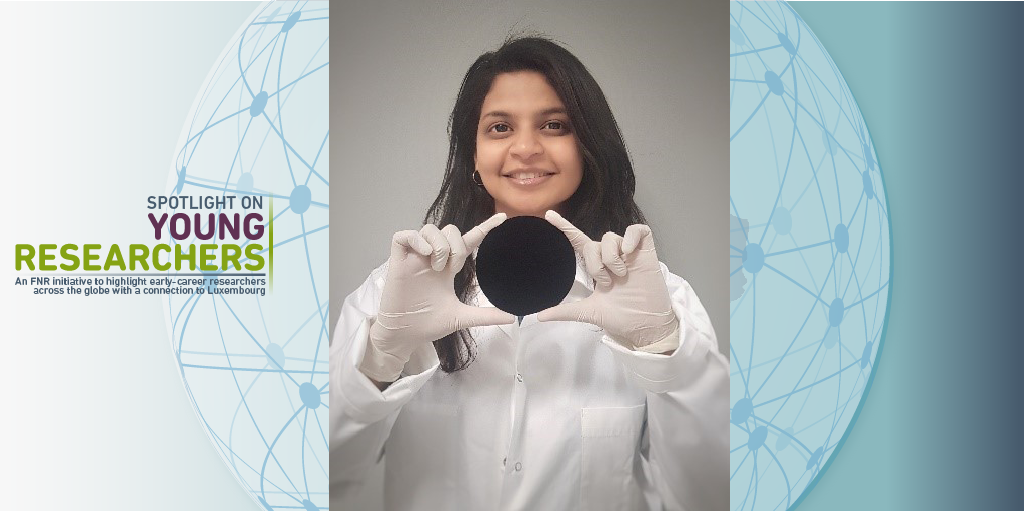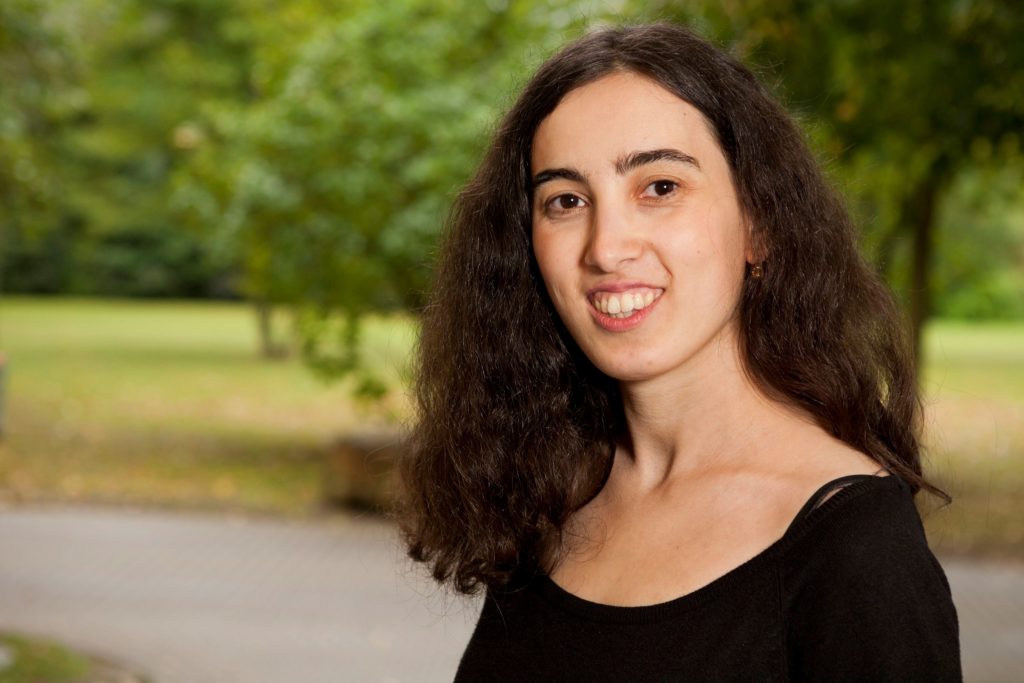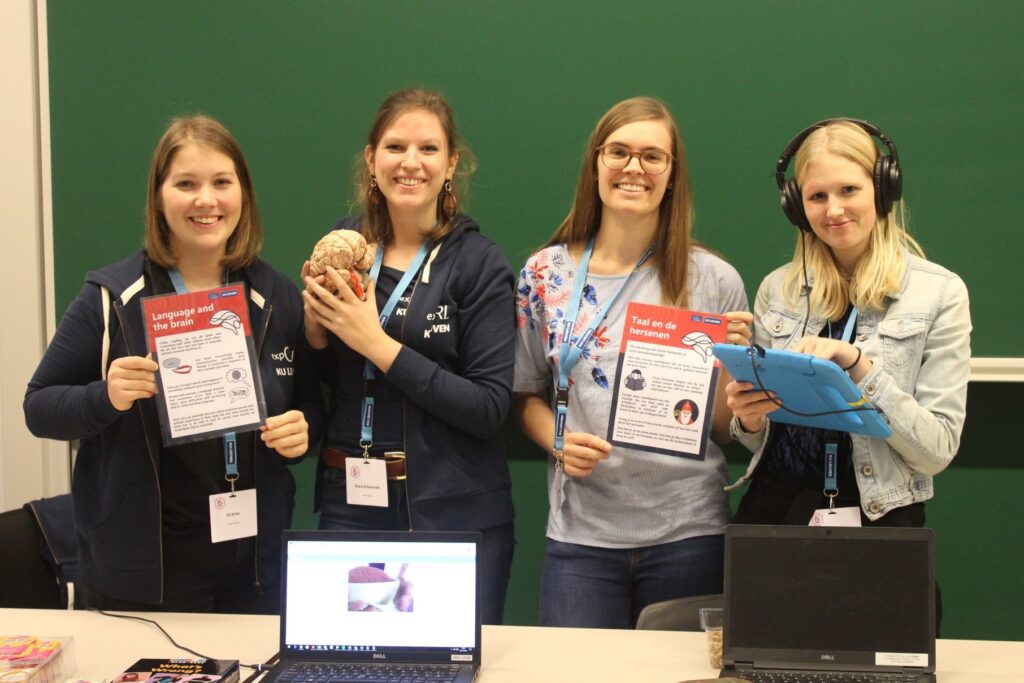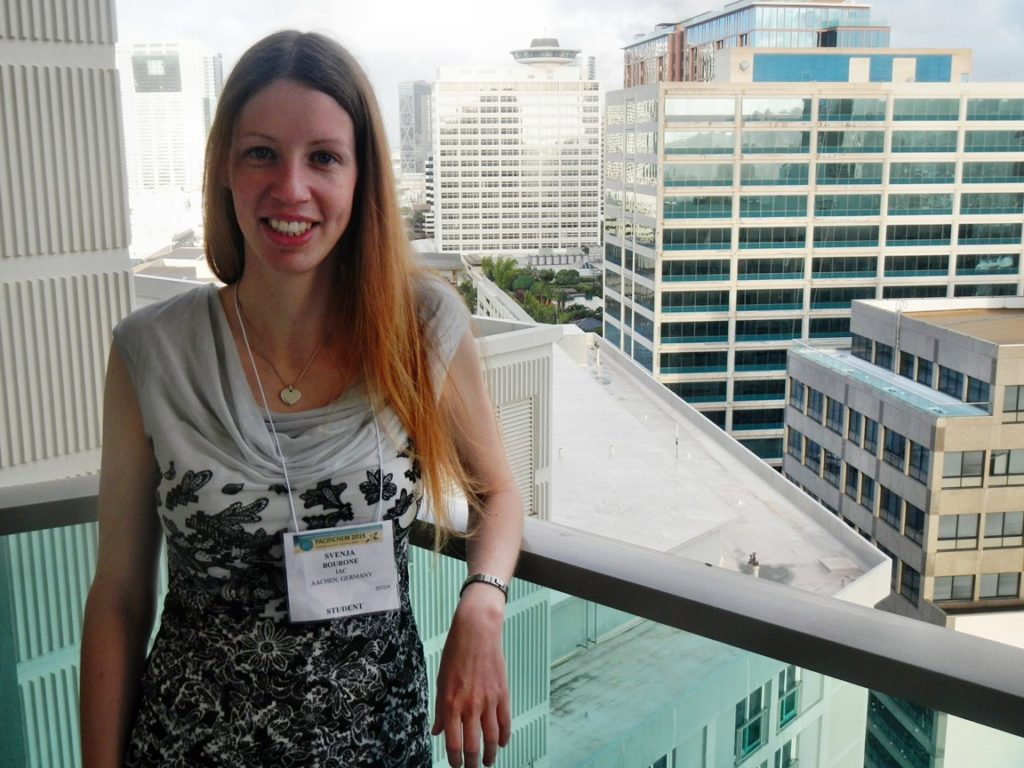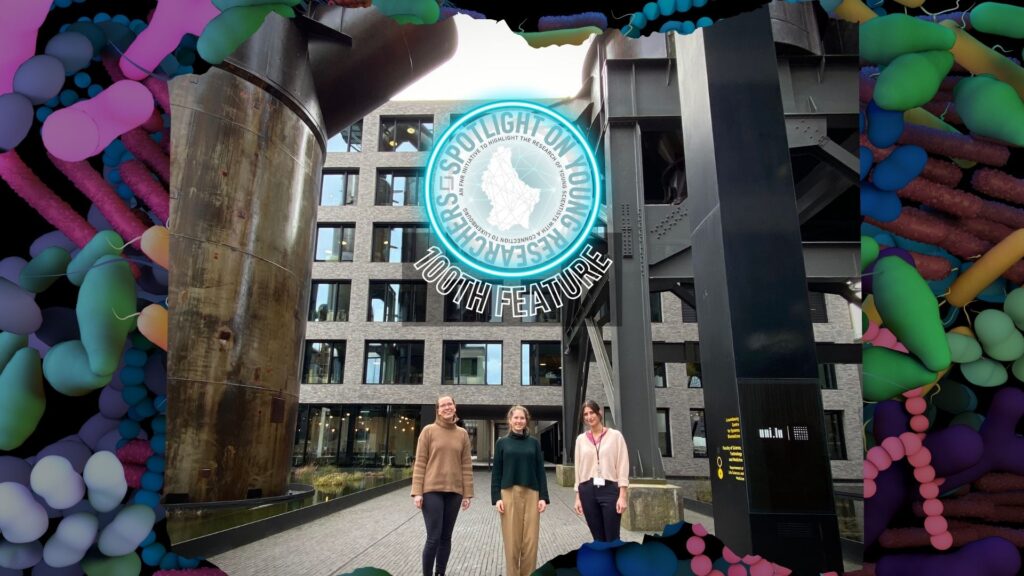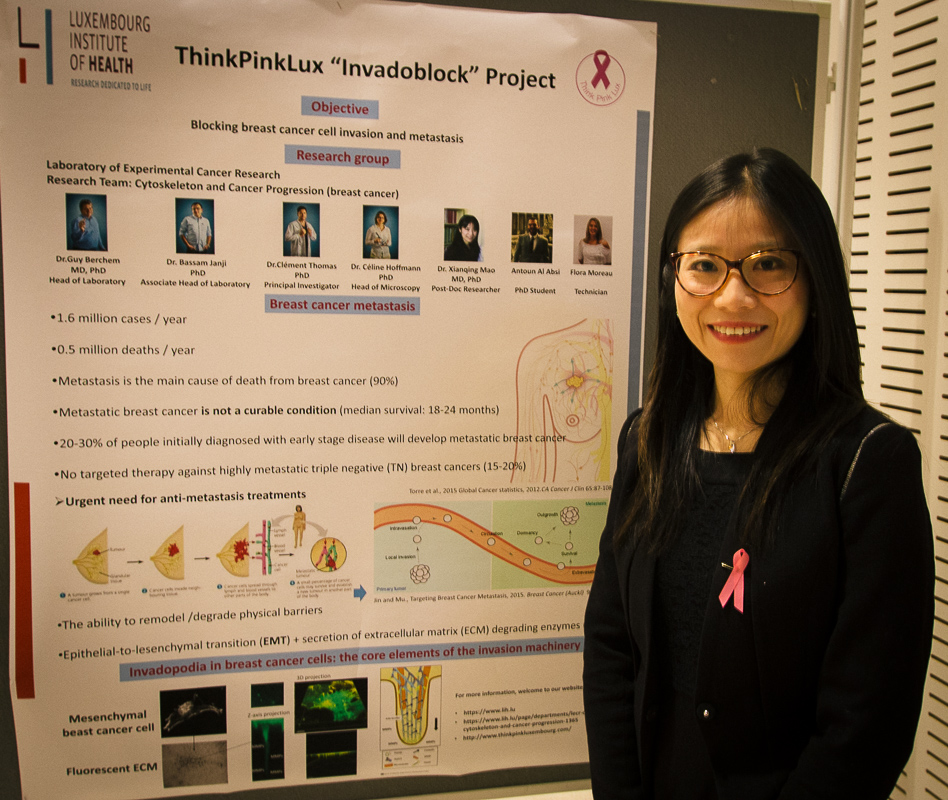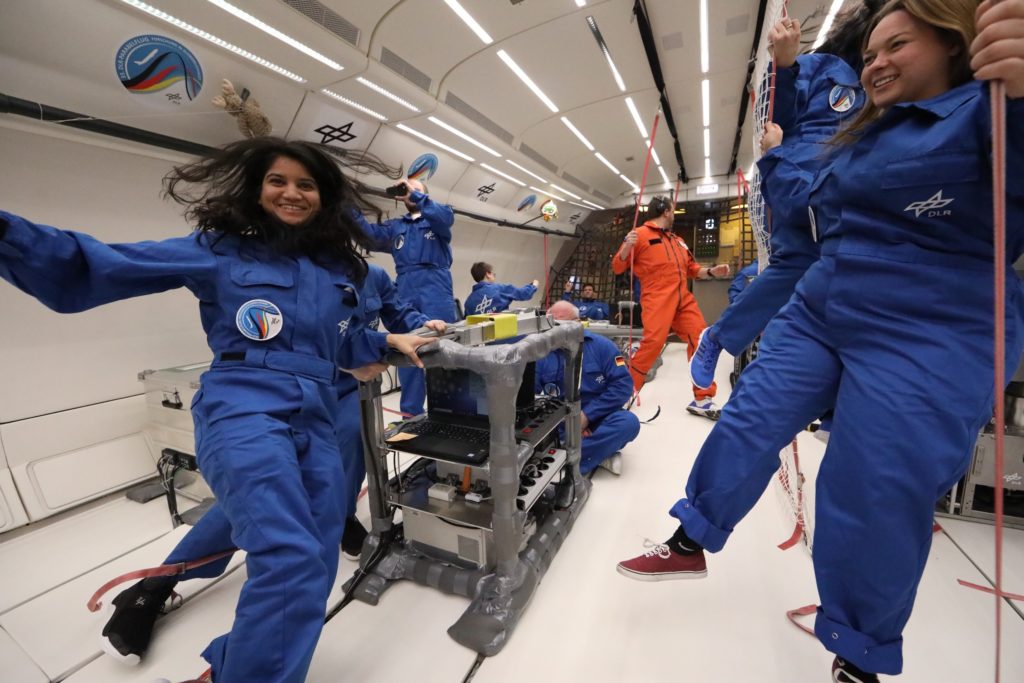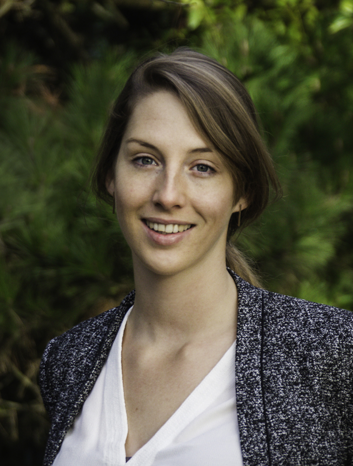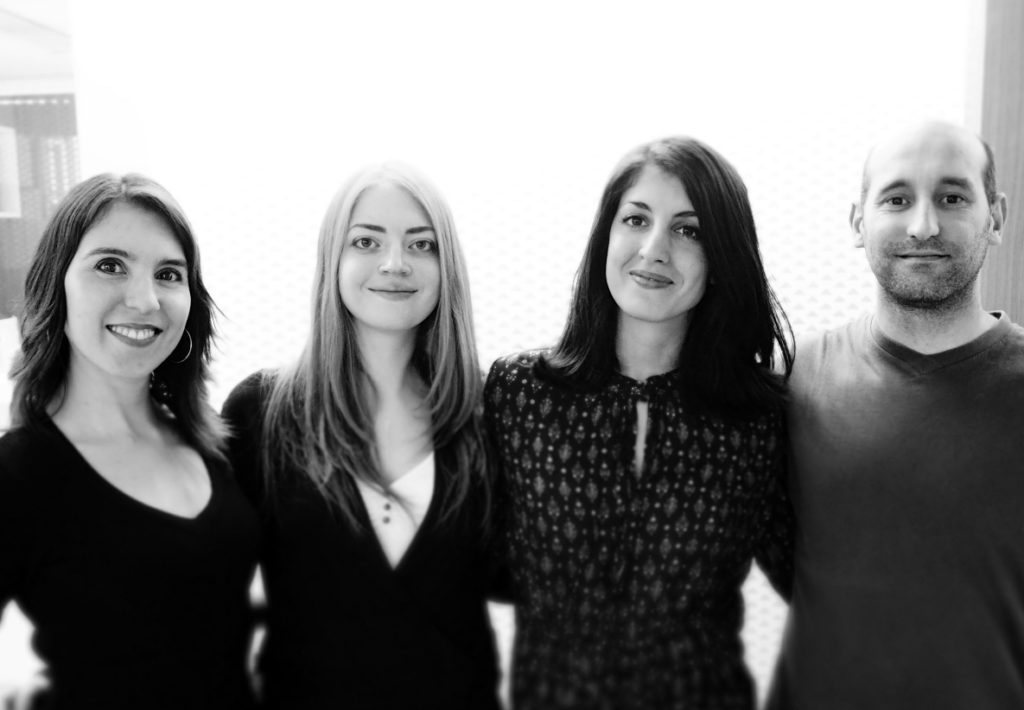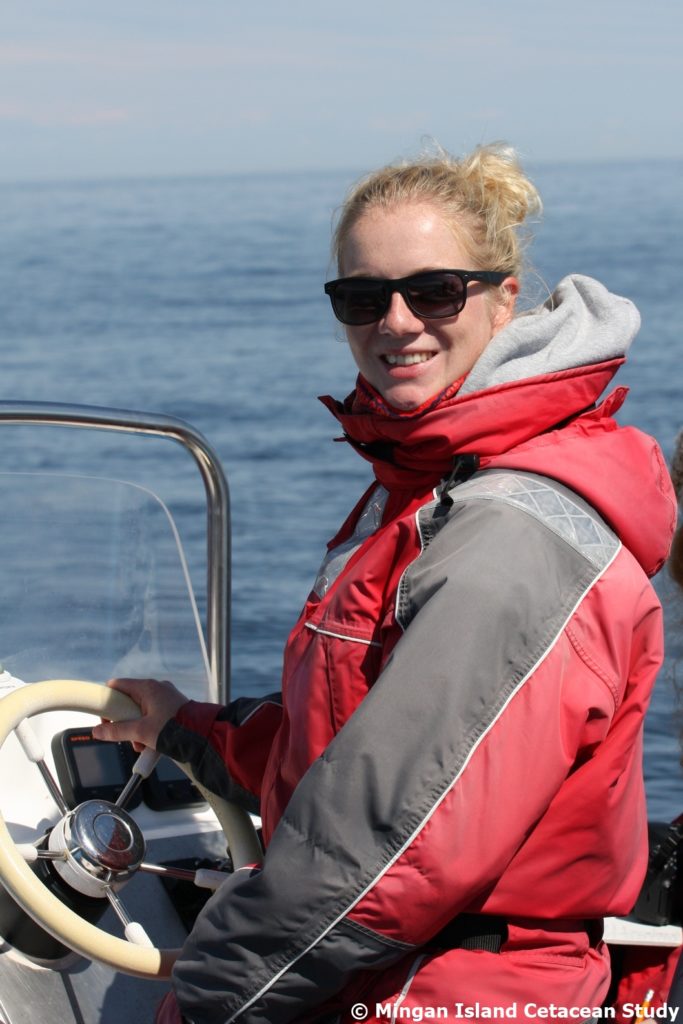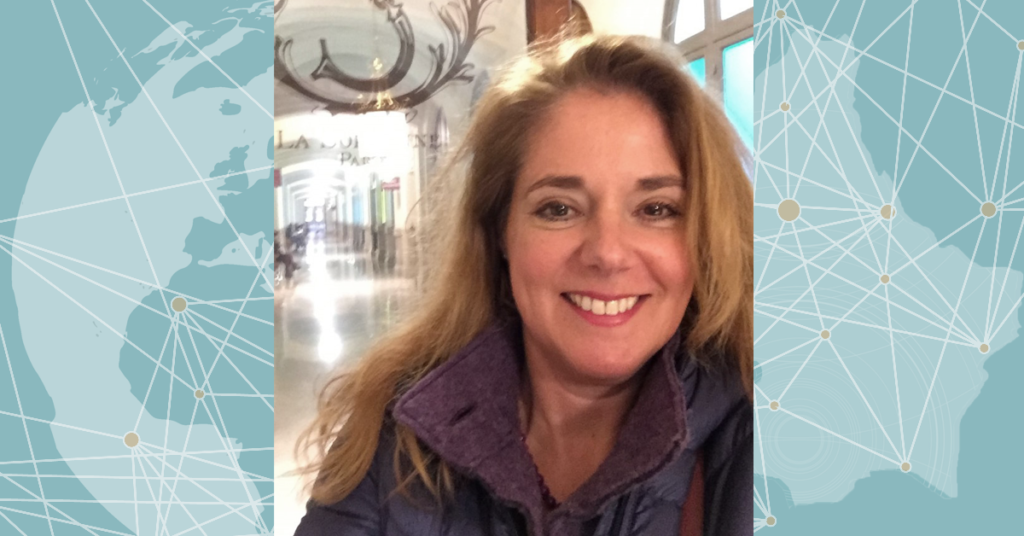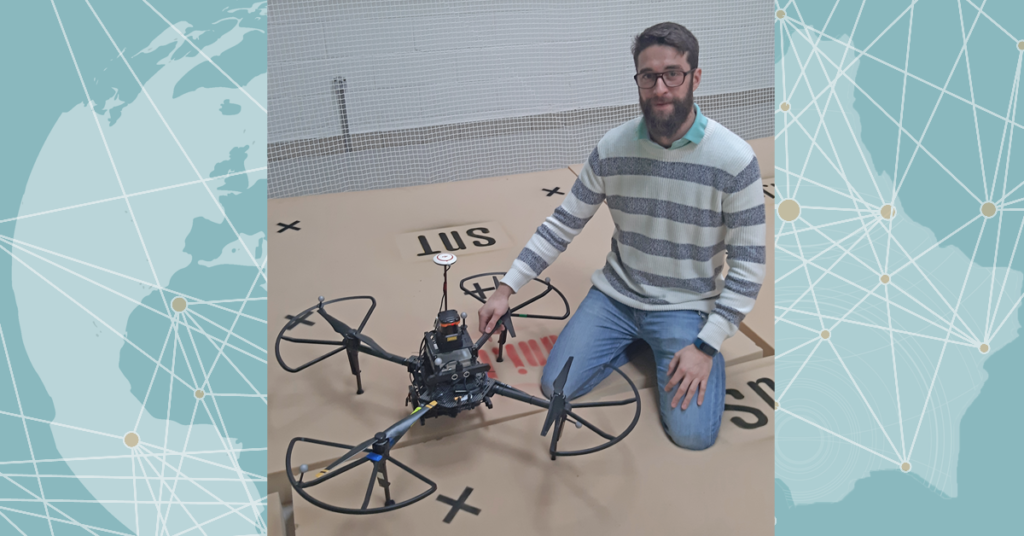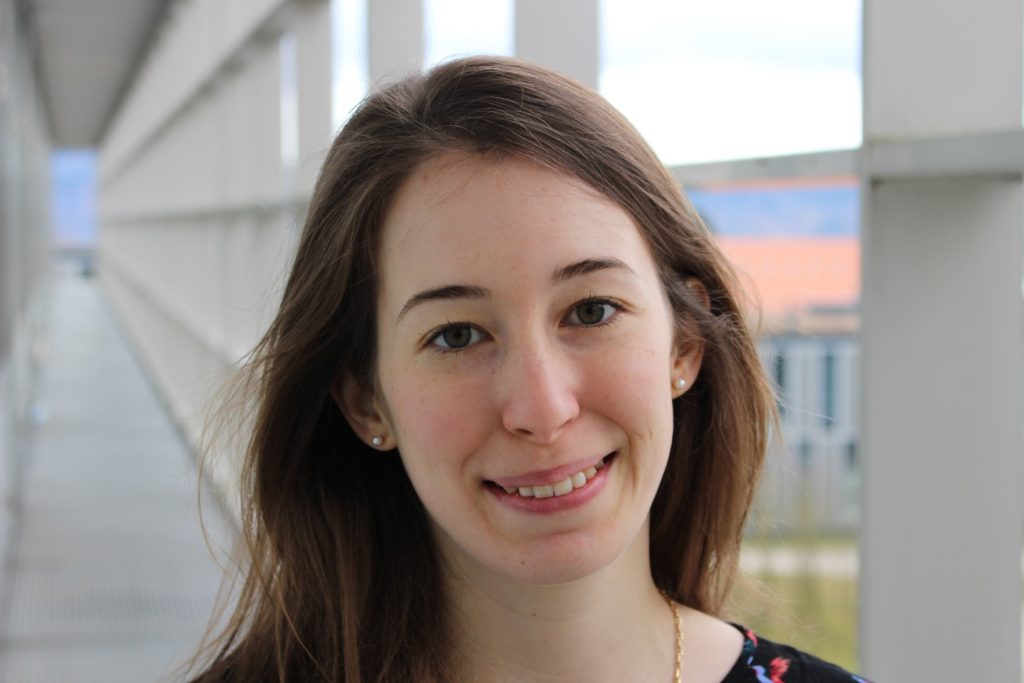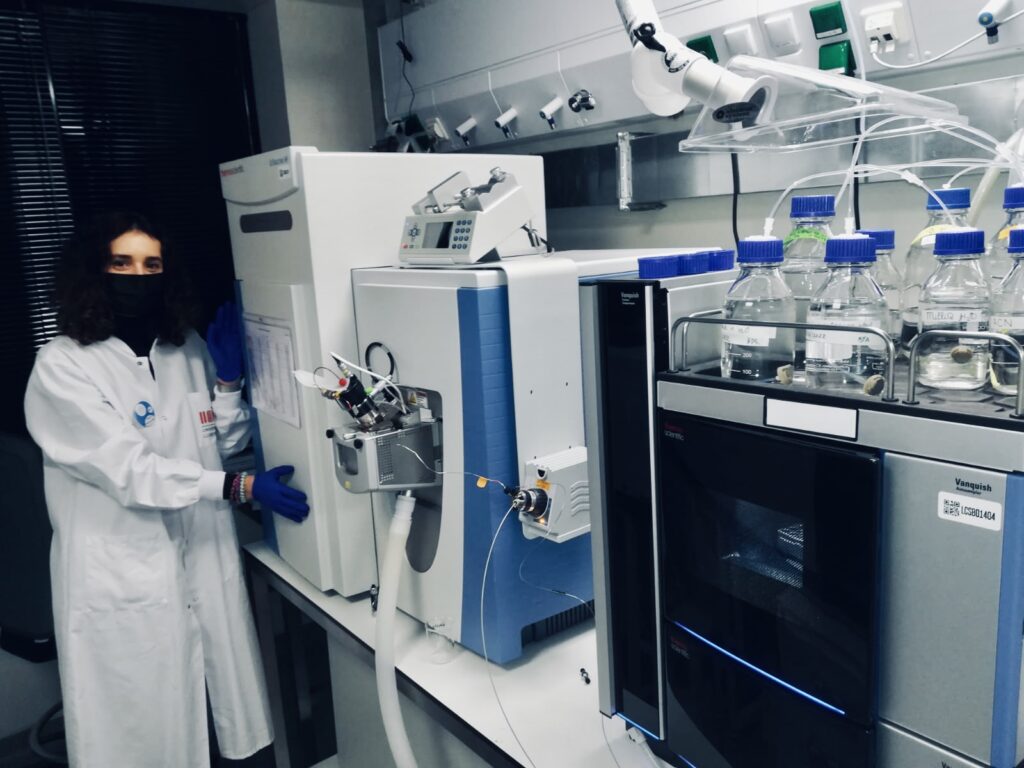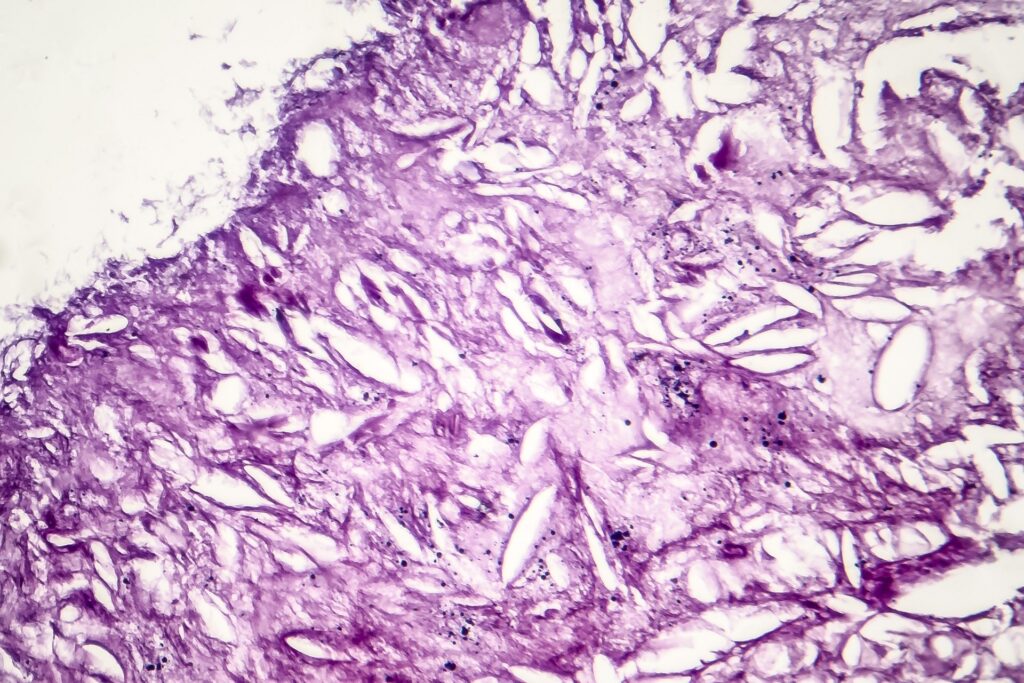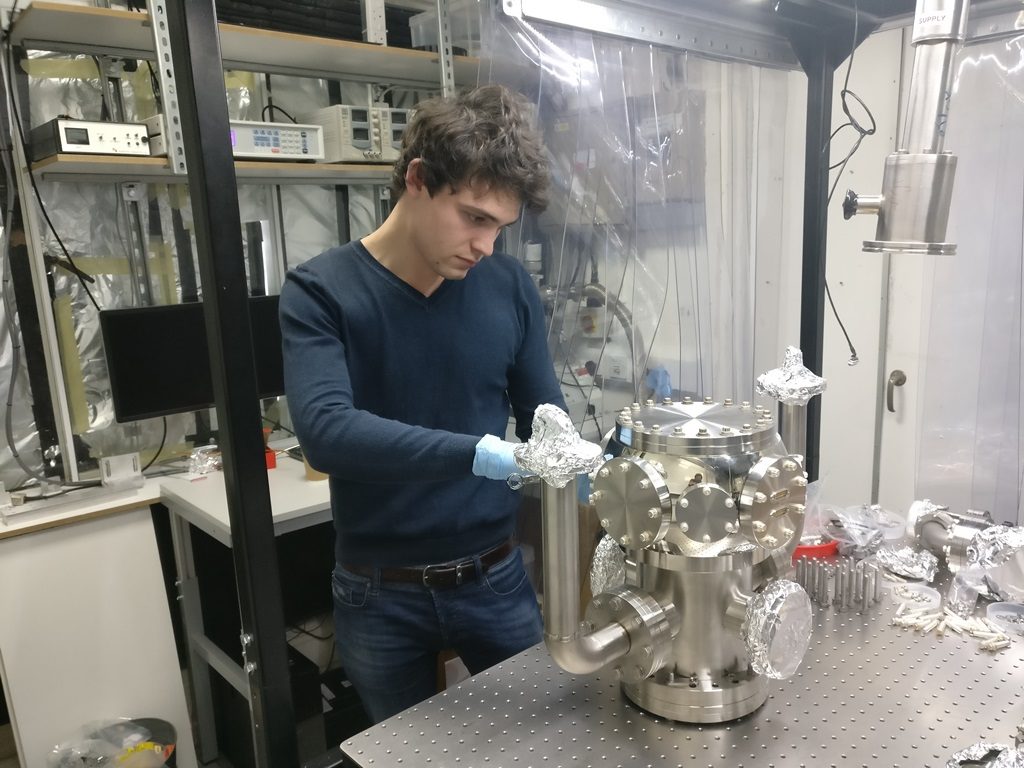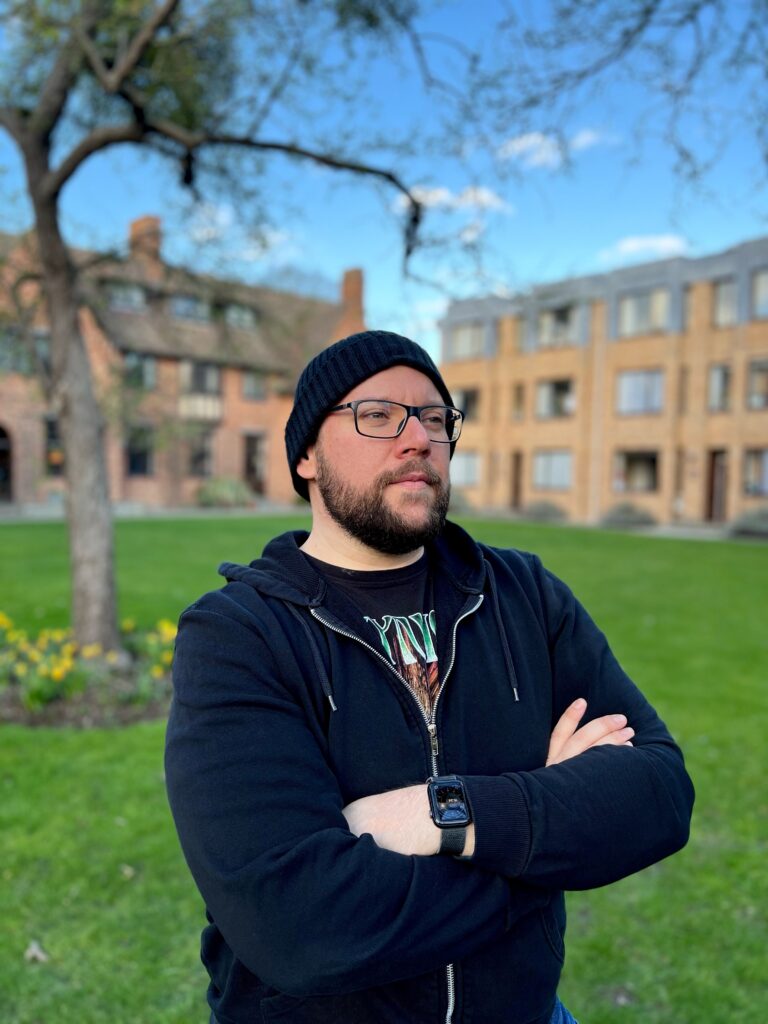
Noémie Catherine Engel has just begun her researcher journey – and she has found her niche already: As part of her AFR PhD at the University of Bath, the Luxembourg national investigates the evolution of sex role traits in a small shorebird species in Cape Verde.
Noémie Catherine Engel is new to being a PhD scientist, but has been working with her study subject for a number of years already: Kentish plover (Charadrius alexandrinus), a small shorebird weighing less than 50 grams. Noémie’s research group studies shorebird populations across the globe, looking at mate fidelity, sex-specific mortality, mating systems and other aspects of evolution.
Based at the University of Bath, Noémie gets to study the birds up close during fieldwork in Cape Verde – being close to her study subject, perhaps unsurprisingly, the best part of the job.
“The part I enjoy most is the fieldwork in Cape Verde. It is amazing to work with the birds out in the field and observe their behaviour. Fieldwork is a great way of breaking up the office work and gives you a fresh view on things.
“Sometimes facing challenges like flat tyres, muddy feet or an excess of mosquitos does not stop me and makes it all the more exciting. Being able to collect data that is both benefitting research and useful for conservation purposes is very fulfilling.”


Unveiling genetic architecture
In an evolutionary context, Noémie specifically investigates sex roles in the small shorebird population in Maio, Cape Verde, by combining quantitative genetics and social network analysis. Looking at the associations between for example courtship, mate competition, pair-bonding and parenting are all part of the project and will be compared to other plover populations across the world.
“One major challenge facing my field is to unveil the genetic architecture underpinning social traits and to predict their evolutionary trajectories on population and species levels,” Noémie explains, adding:
“Creating a genetic pedigree – a genetic representation of a family tree – using quantitative genetics will allow for looking at heritability and the evolution of sex-role related social traits, also looking at how selection acts upon them.”
Once she has created the genetic pedigree, Noémie at a later stage wants to combine this with social network analysis, in order to determine the social structures underpinning variation in sex roles.


Noémie has already been working with the Kentish plover population in Maio for a number of years and it is the passion for shorebirds that inspired her to do a PhD, the topics for which she developed together with her supervisor Prof Tamas Székely – a pioneer in his field and a role model for her.
“I have had the privilege to work with Prof Székely for a number of years now and I am very much looking up to him. He has done much of the pioneer work of investigating mating systems and sexual selection in shorebirds and has managed to combine research and conservation. He has created a large network of shorebird experts across the world all working together. It is an honour working with him.”
Only at the beginning of her career as a scientist, Noémie cannot yet say where she sees herself in the future beyond her PhD, but feels a strong tendency of leaning towards a career in behaviour, ecology and conservation.
While she currently could not envision herself conducting her research in Luxembourg, she would be excited to see conservation work linked with ecology.
“I absolutely love ornithology – the study of birds – and would like to continue with combining different techniques, such as genetics or social networks to explain remaining questions in the field of ecology and evolution. I would also hope that beyond this, my research can be directly applied to conservation and management of bird populations.”
About Spotlight on Young Researchers
Spotlight on Young Researchers is an FNR initiative to highlight early career researchers across the world who have a connection to Luxembourg. The campaign is now in its 5th year, with 60+ researchers already featured. Discover more young researcher stories below.
More in the series SPOTLIGHT ON YOUNG RESEARCHERS
- All
- Cancer research
- Environmental & Earth Sciences
- Humanities & Social Sciences
- Information & Communication Technologies
- Law, Economics & Finance
- Life Sciences, Biology & Medicine
- Materials, Physics & Engineering
- Mathematics
- Research meets industry
- Spotlight on Young Researchers
- Sustainable resource mgmt
- Women in science







